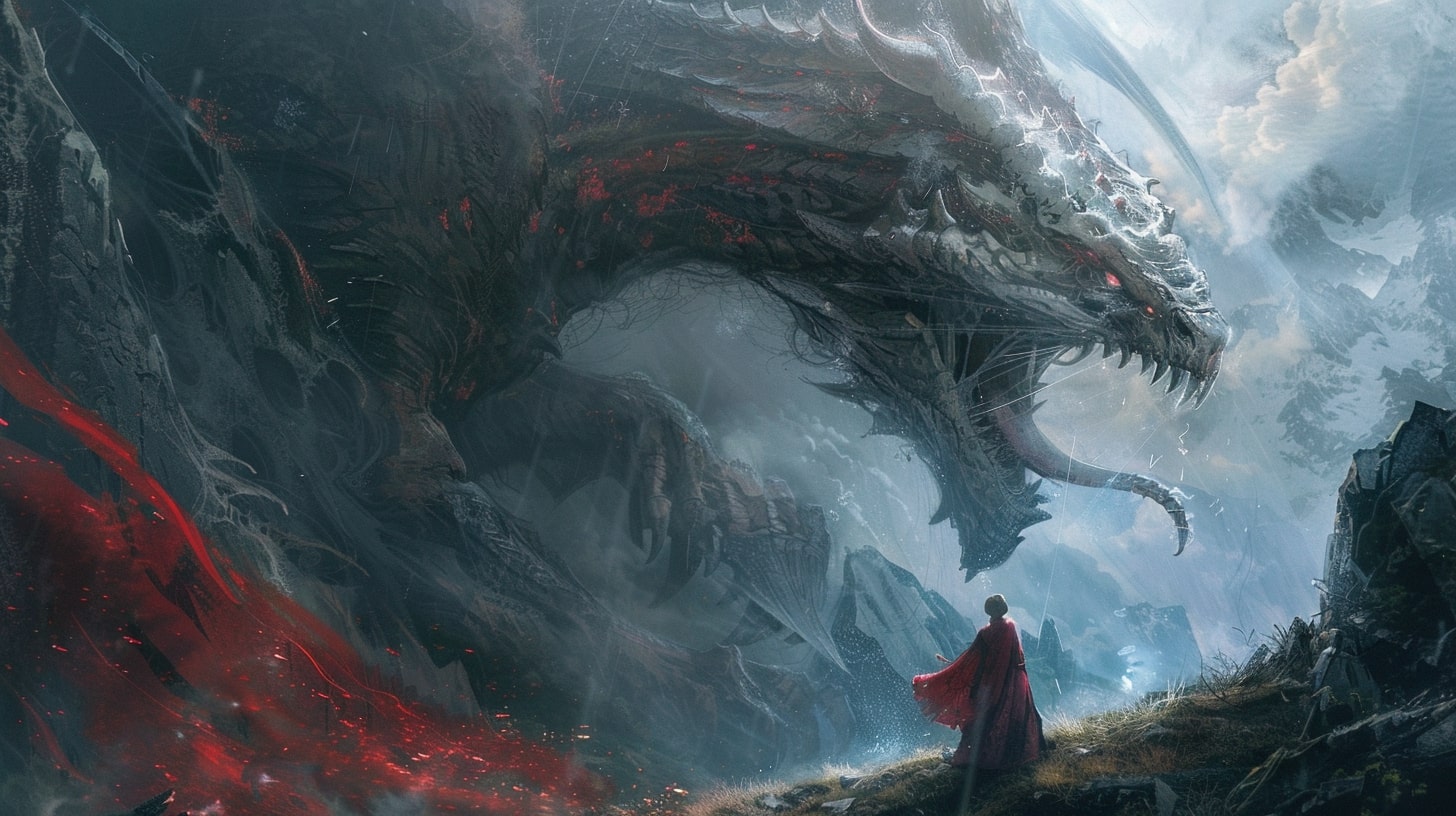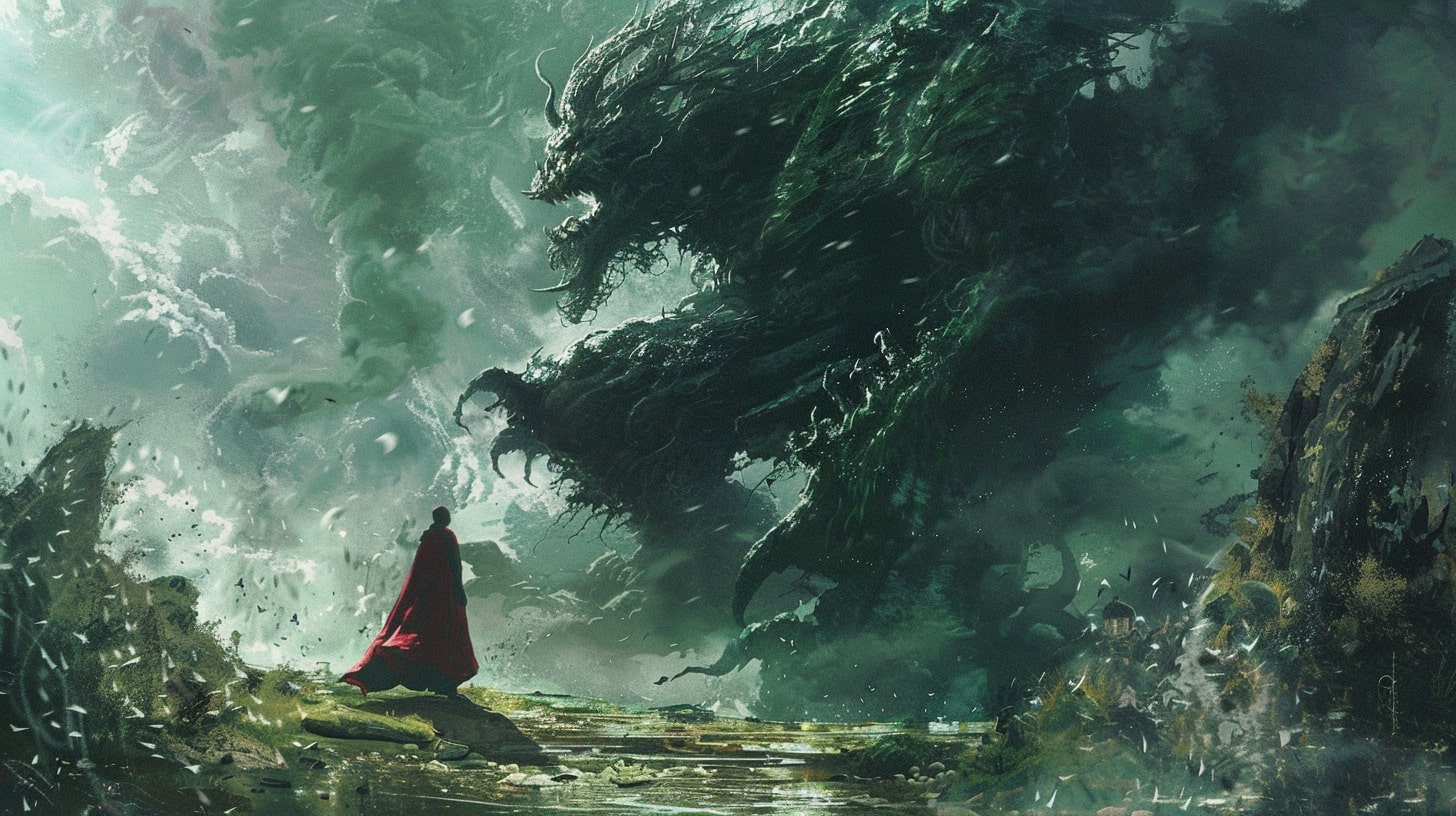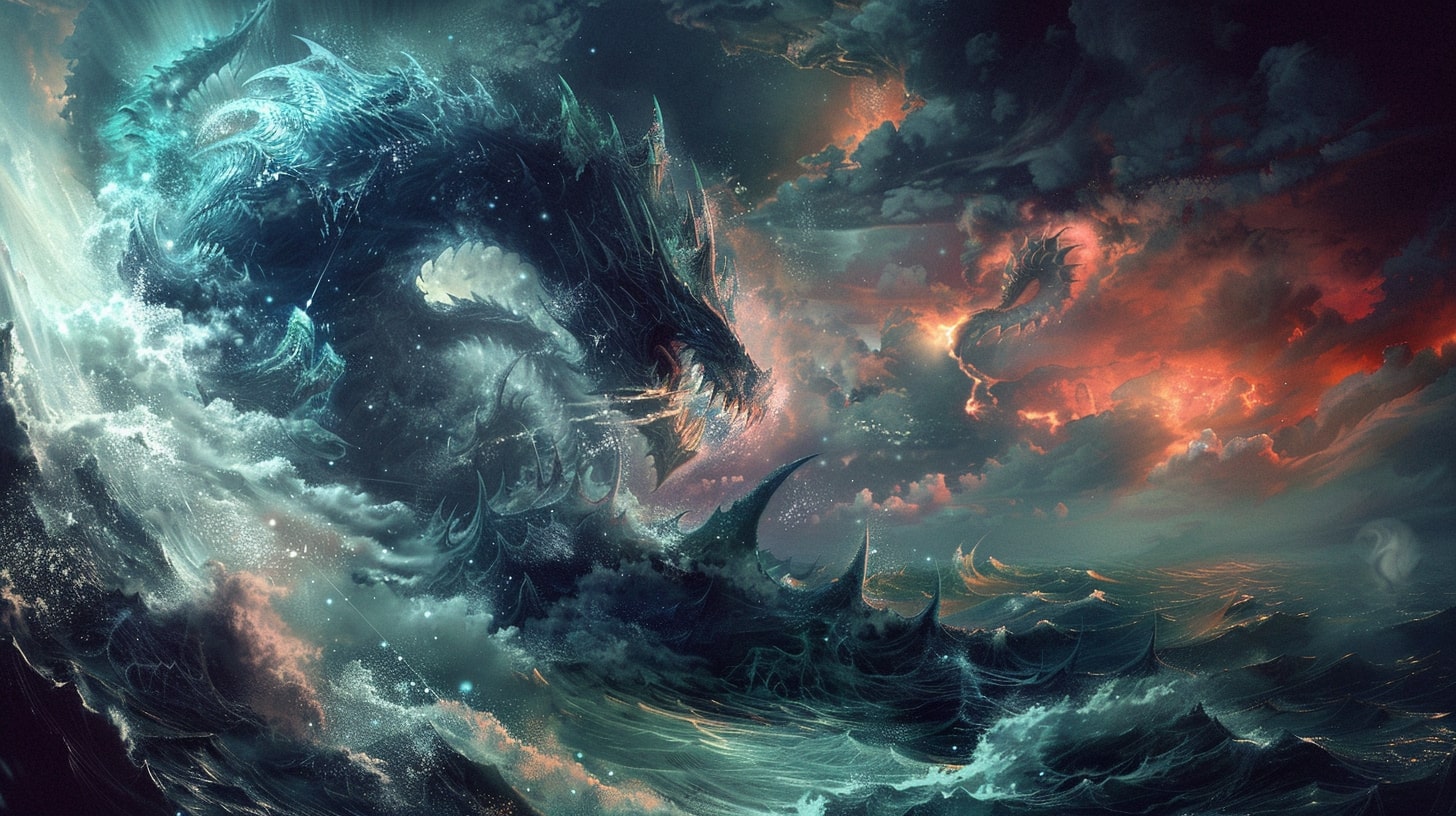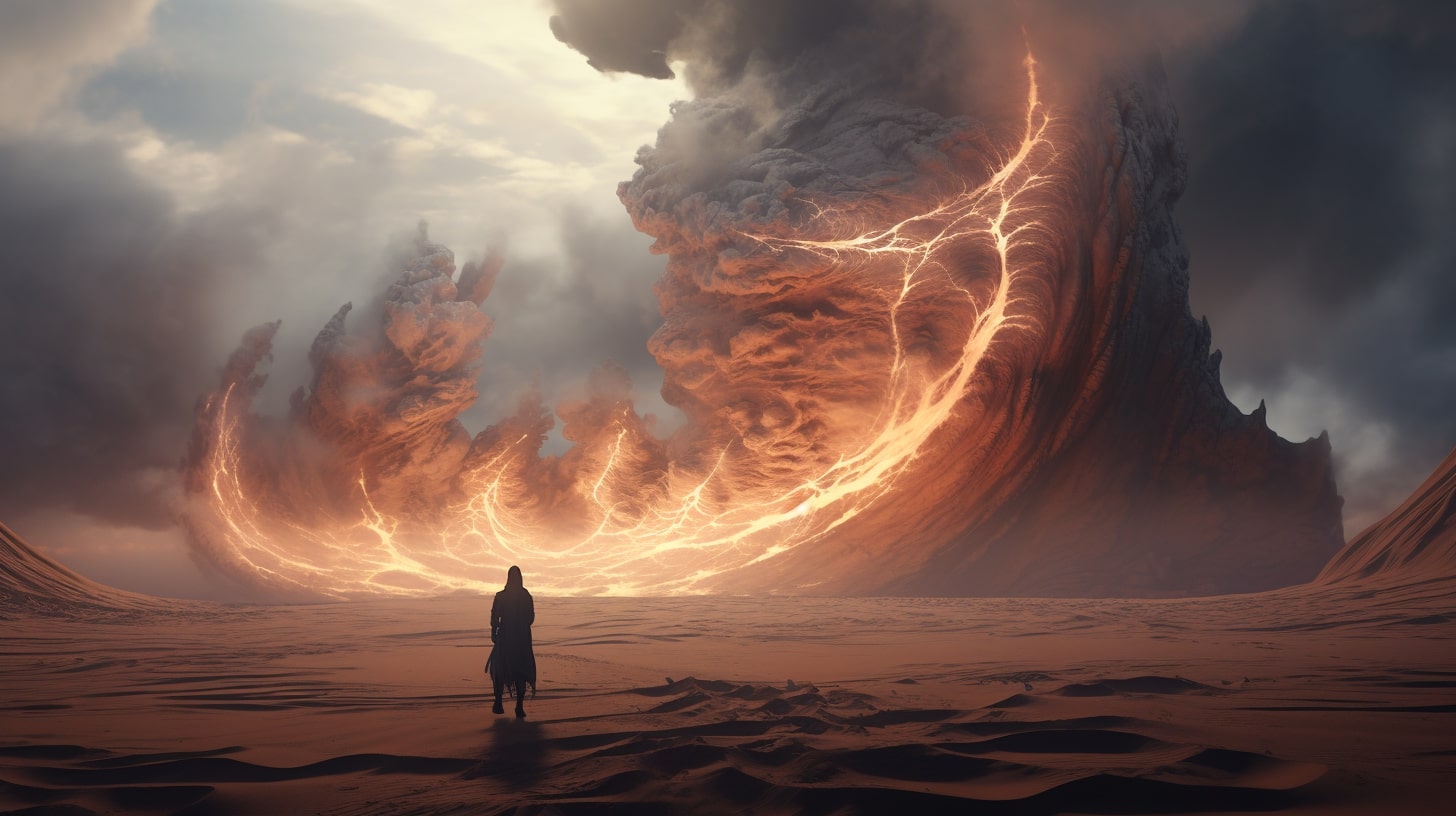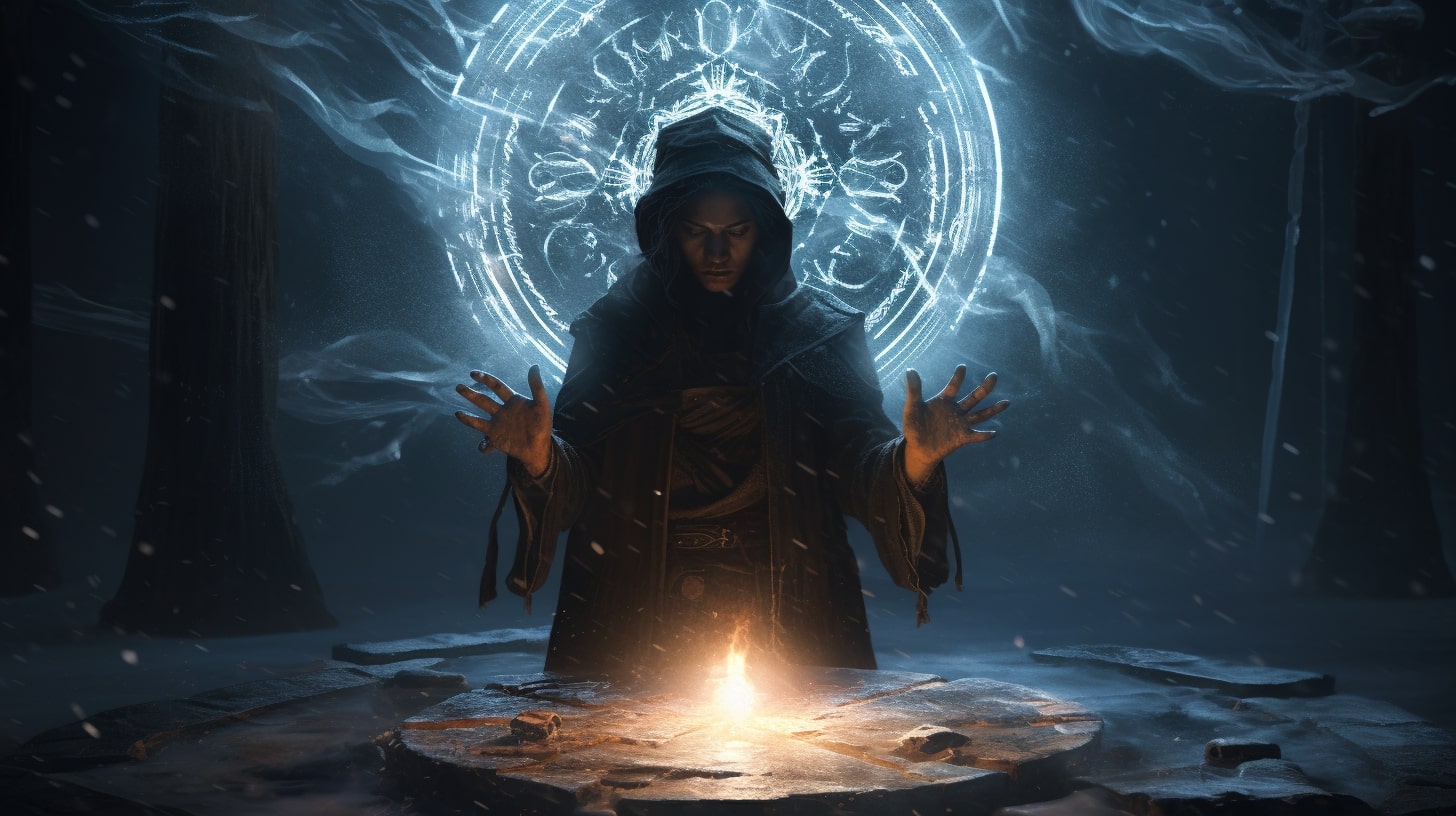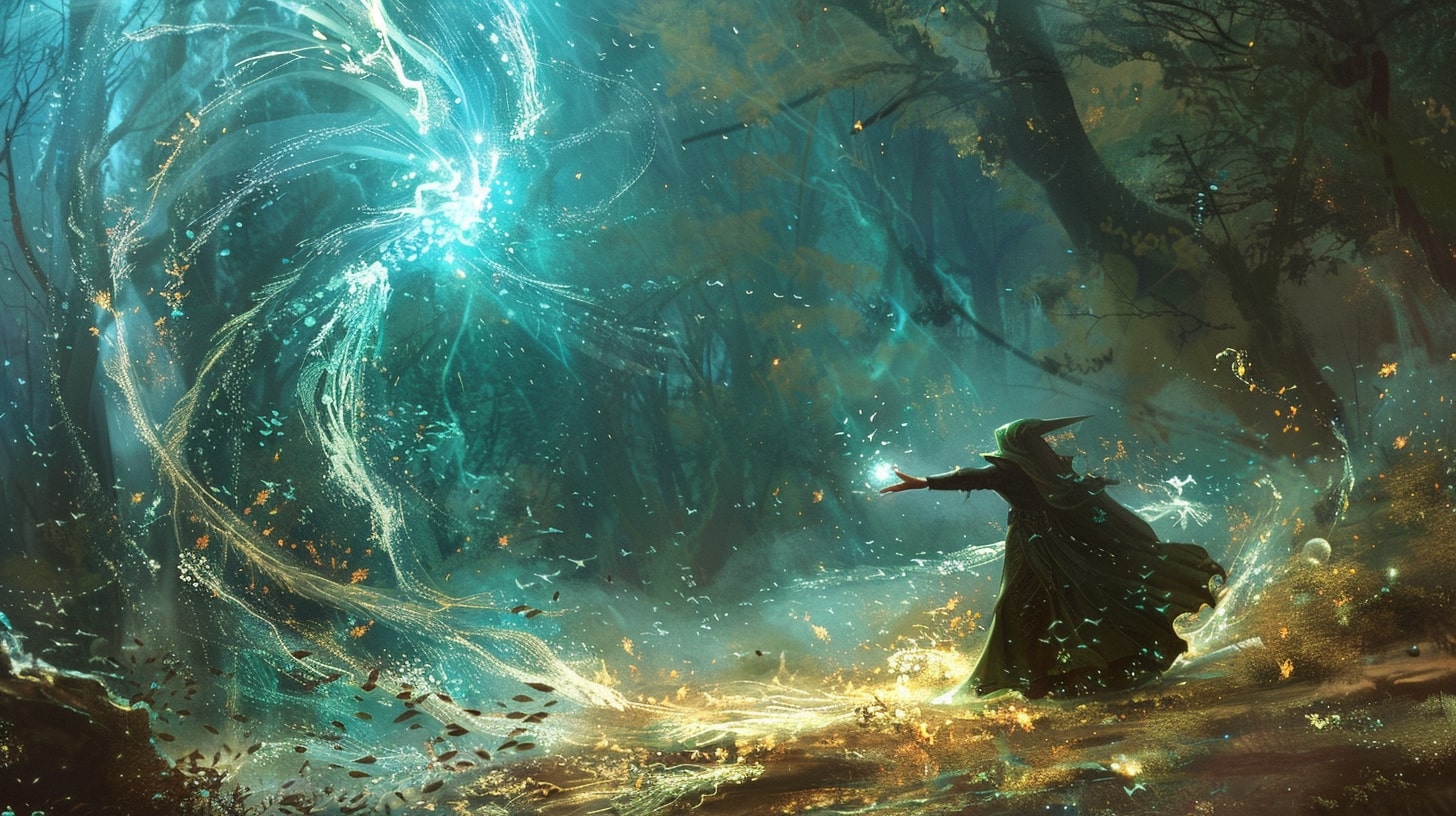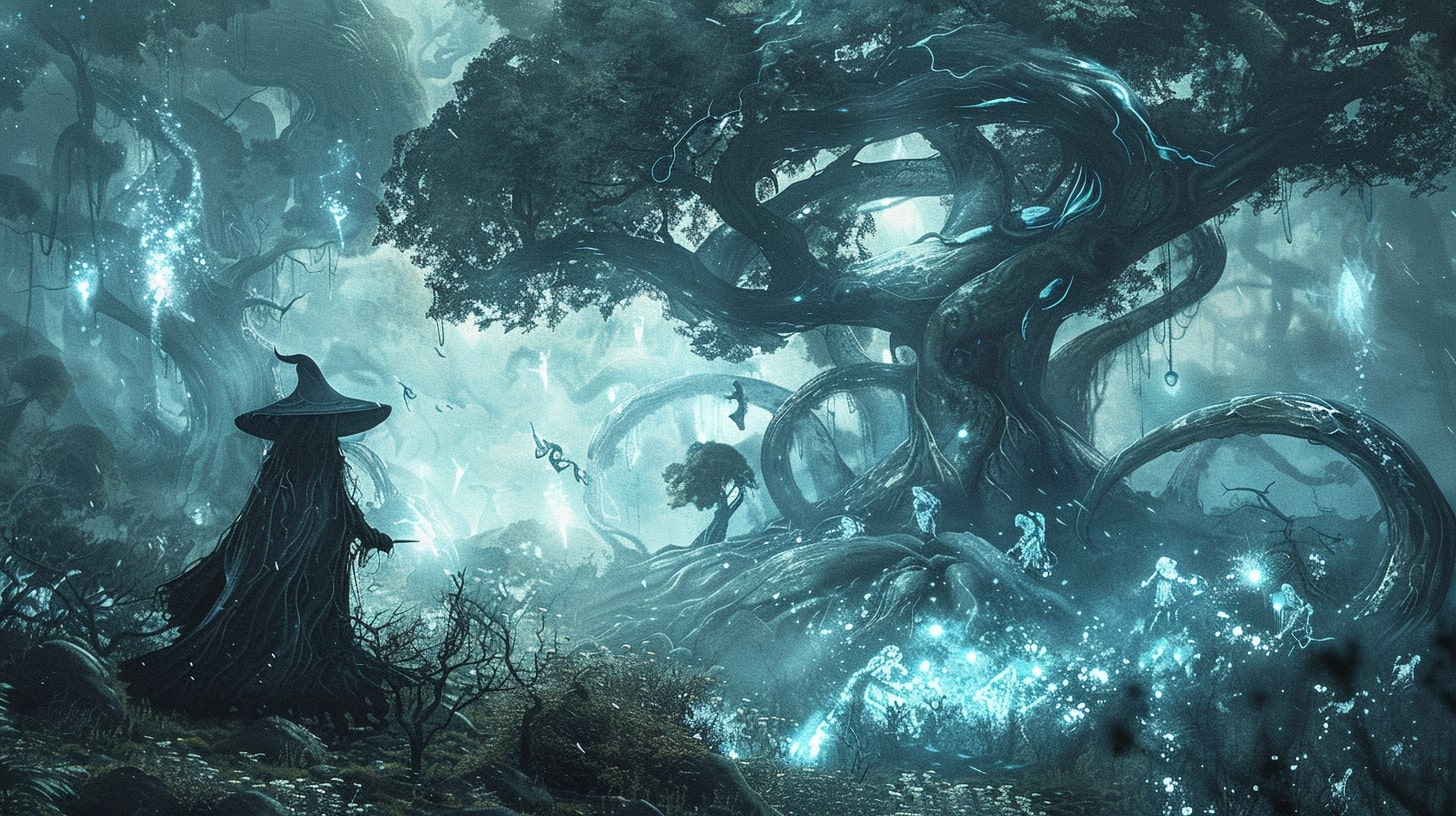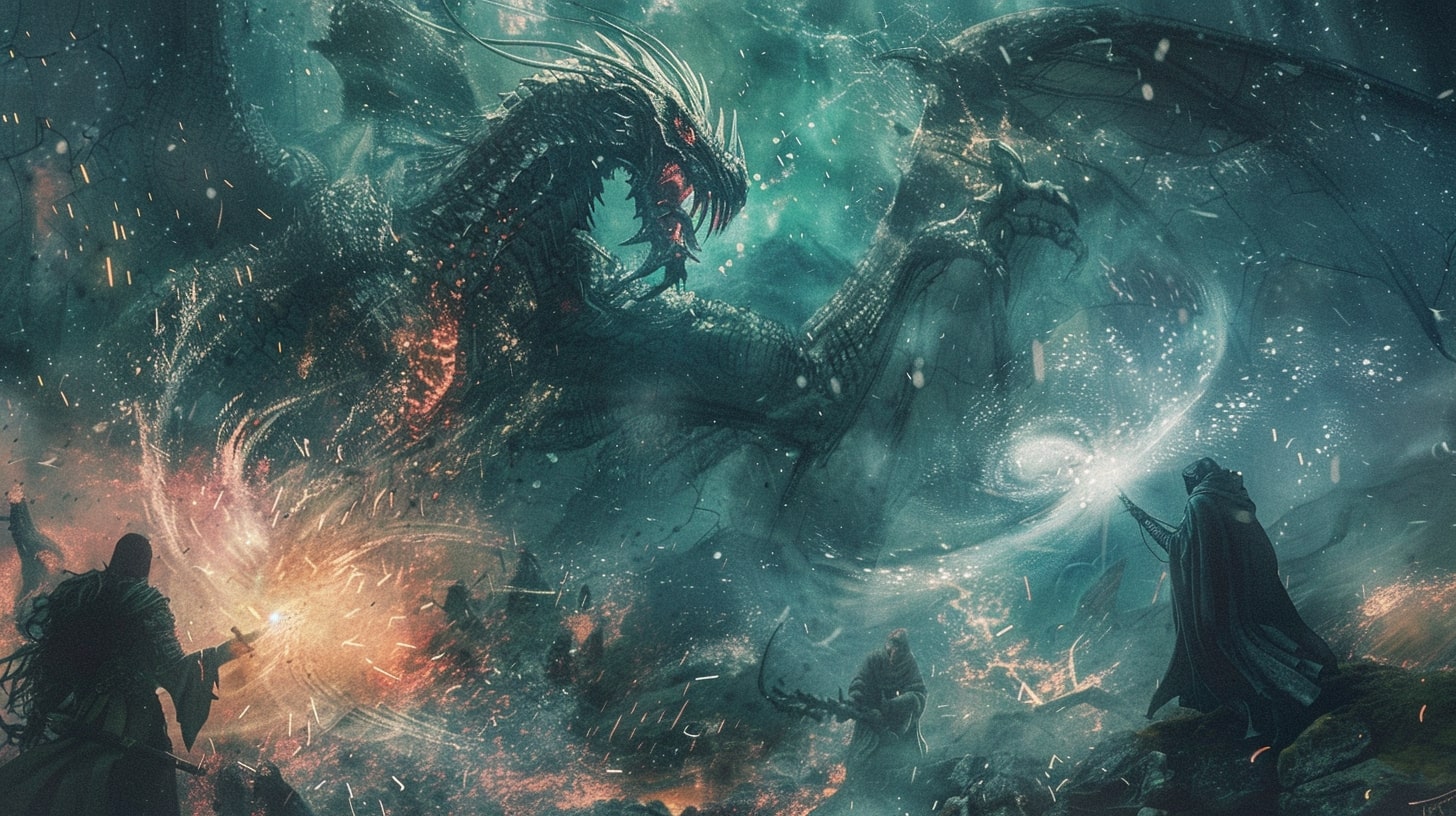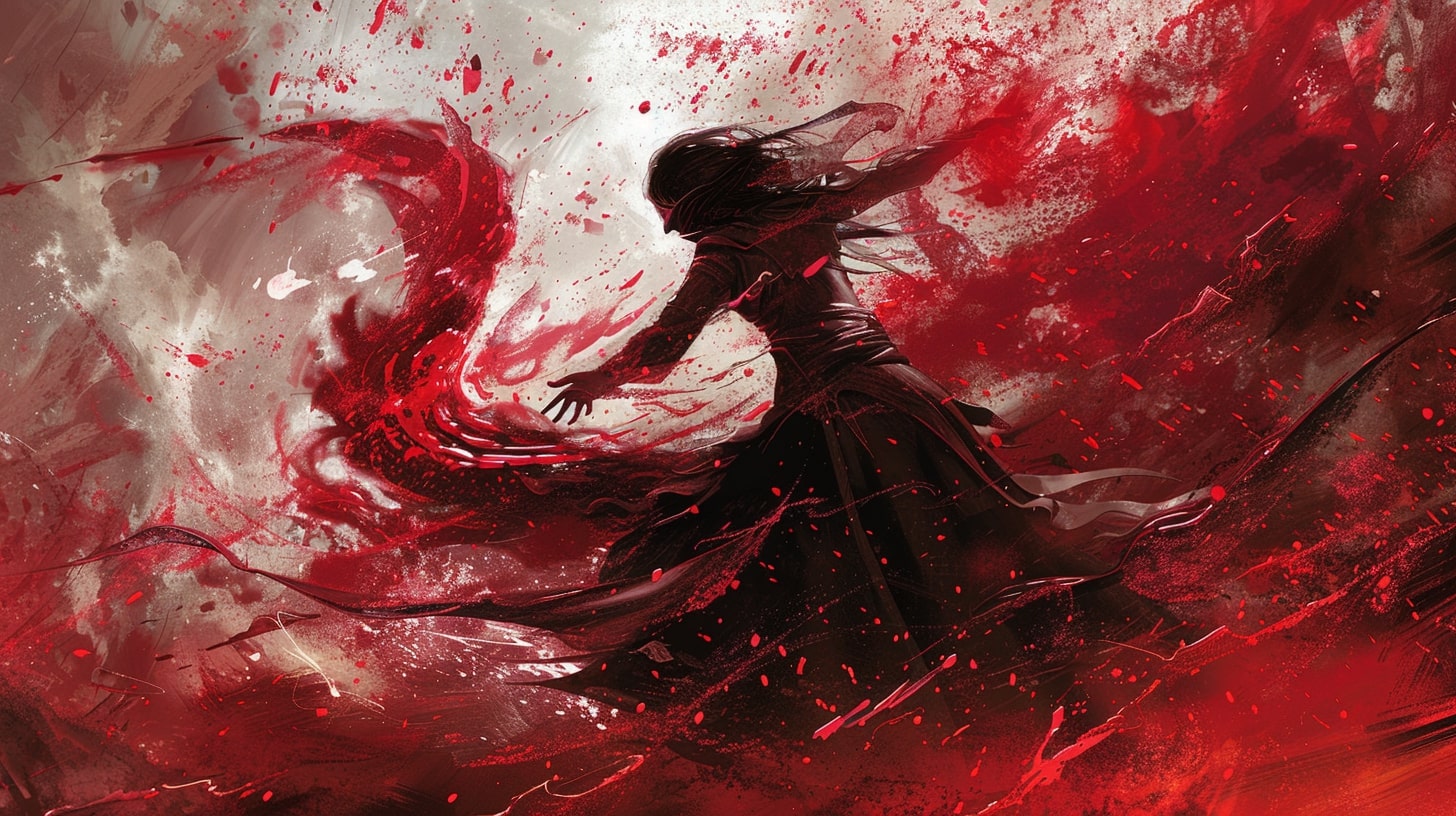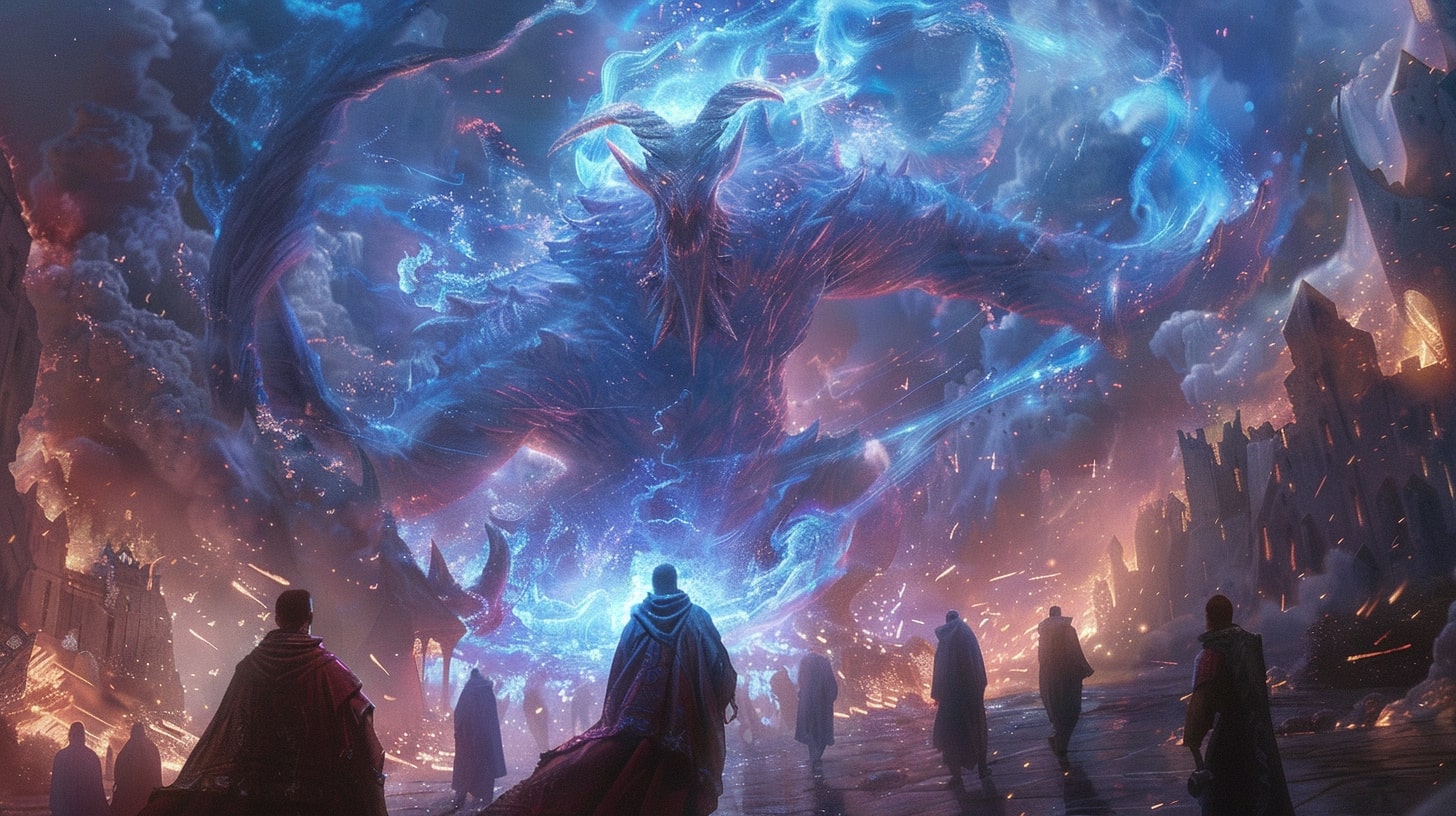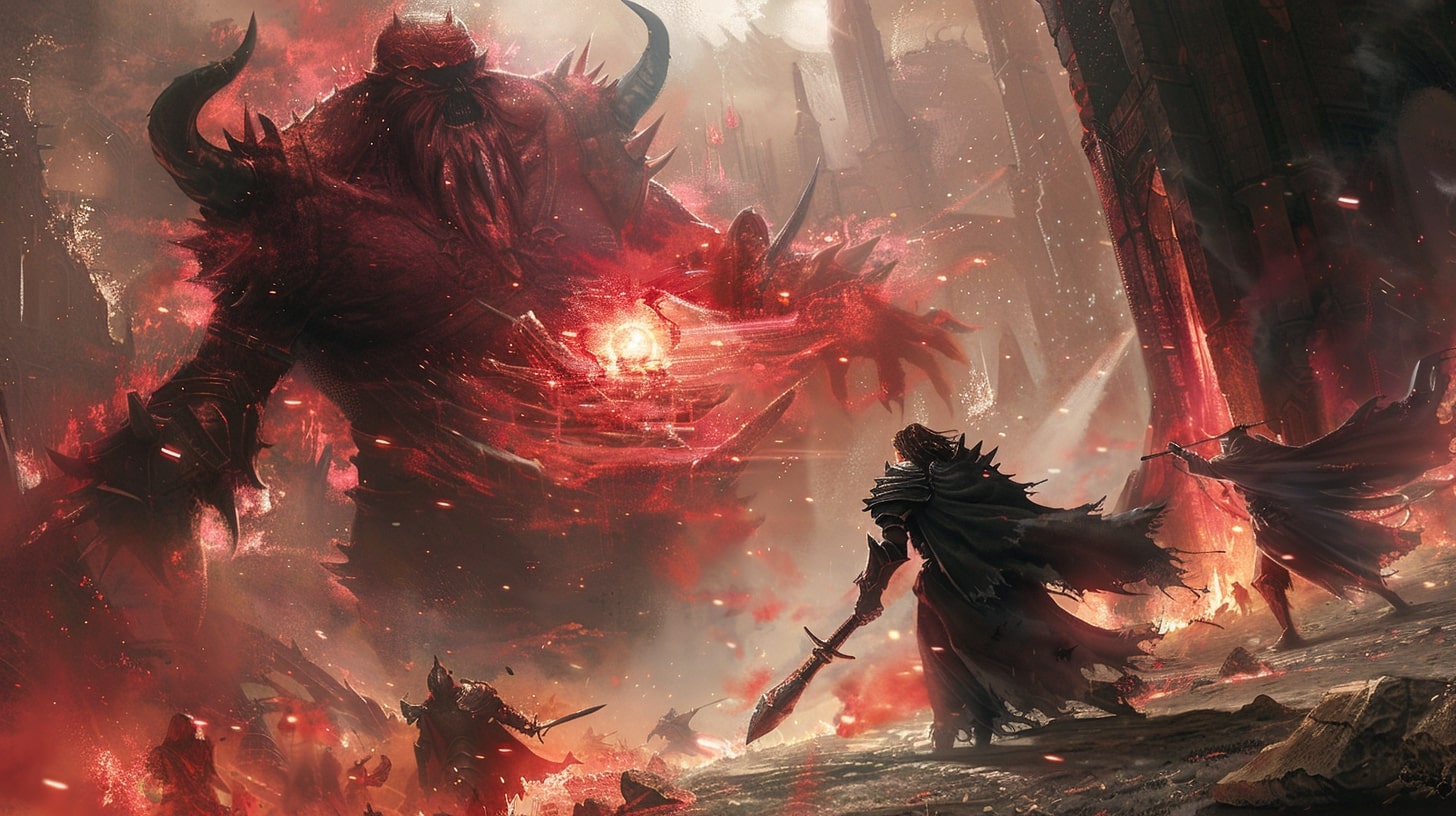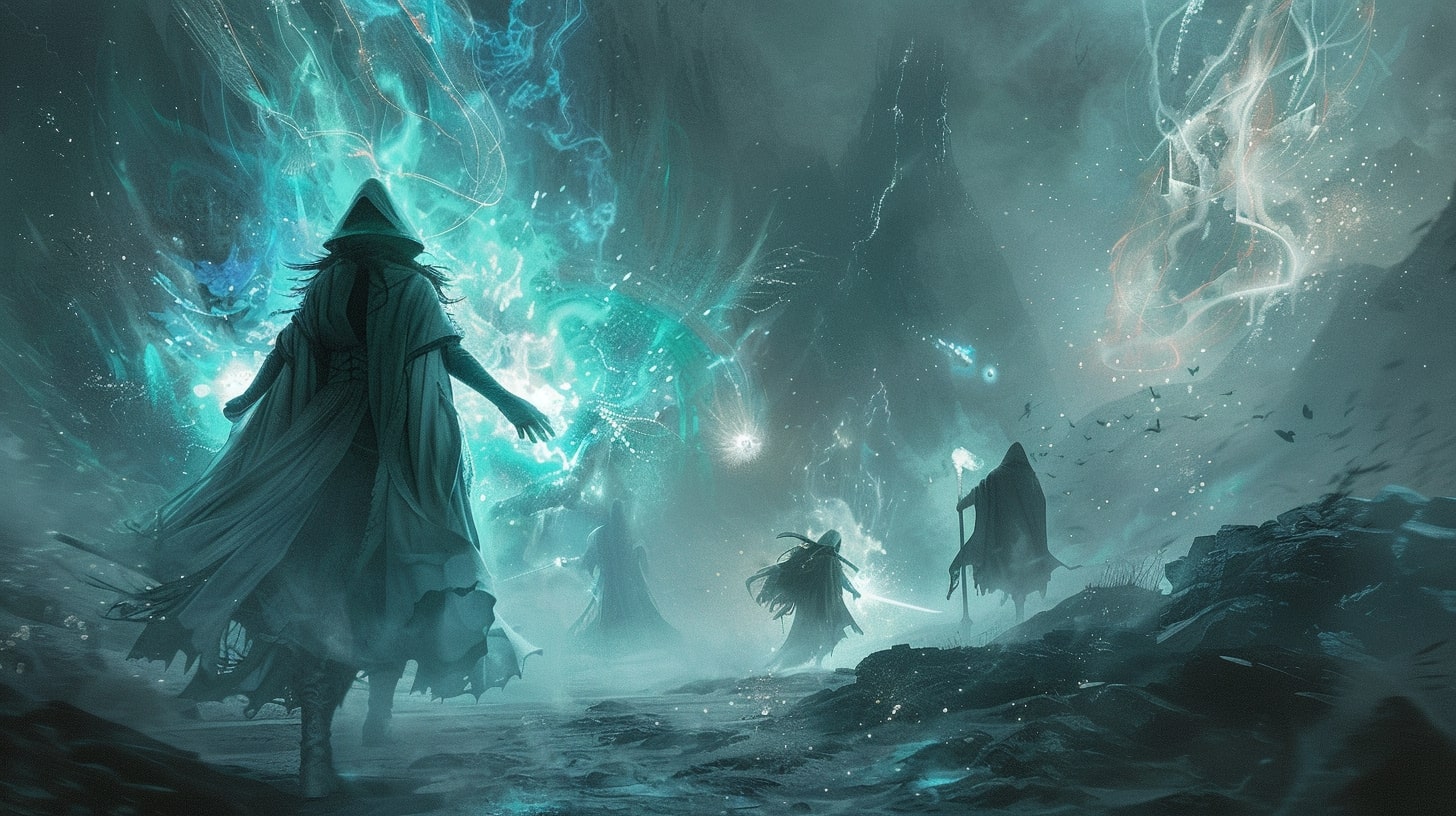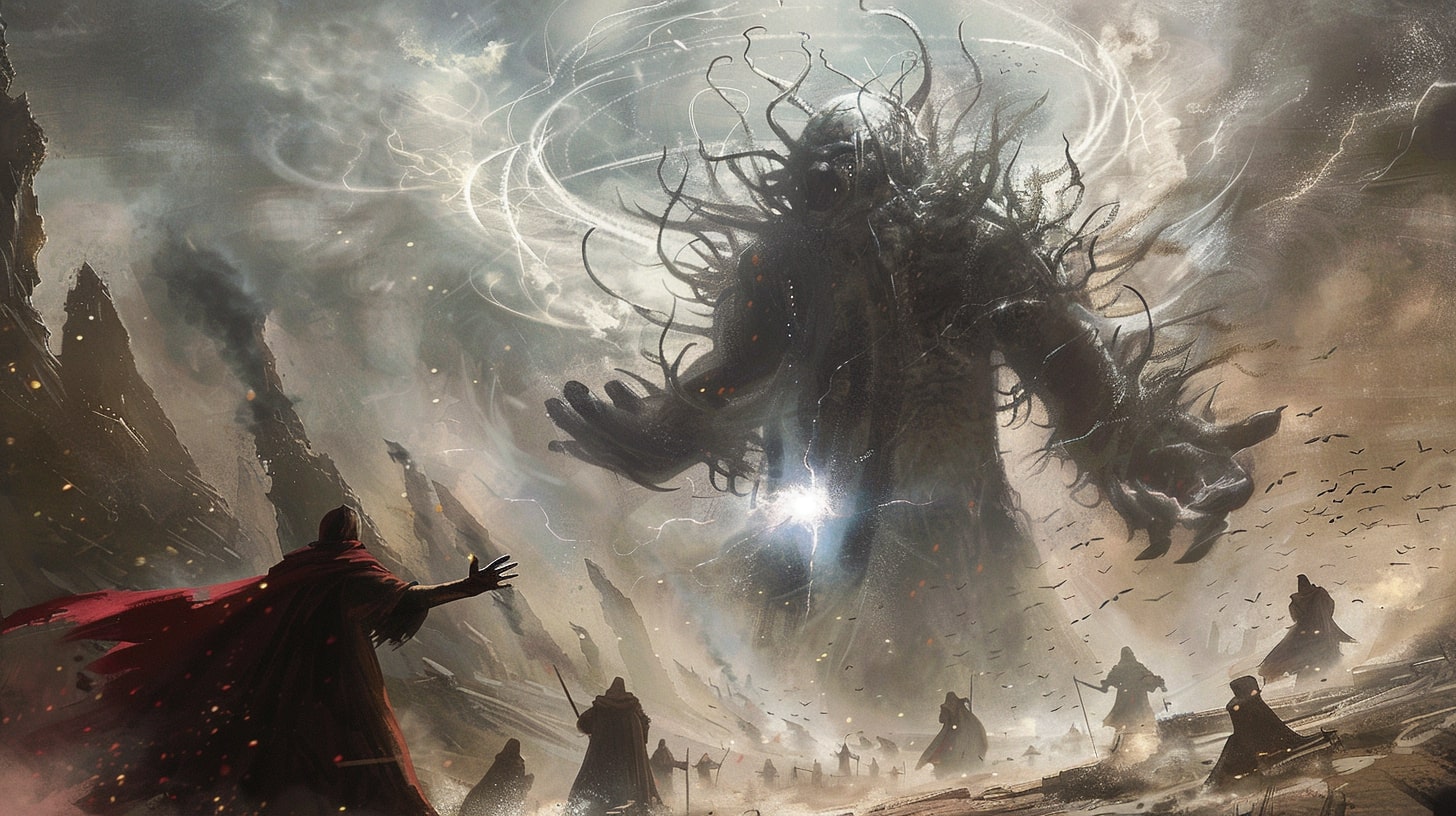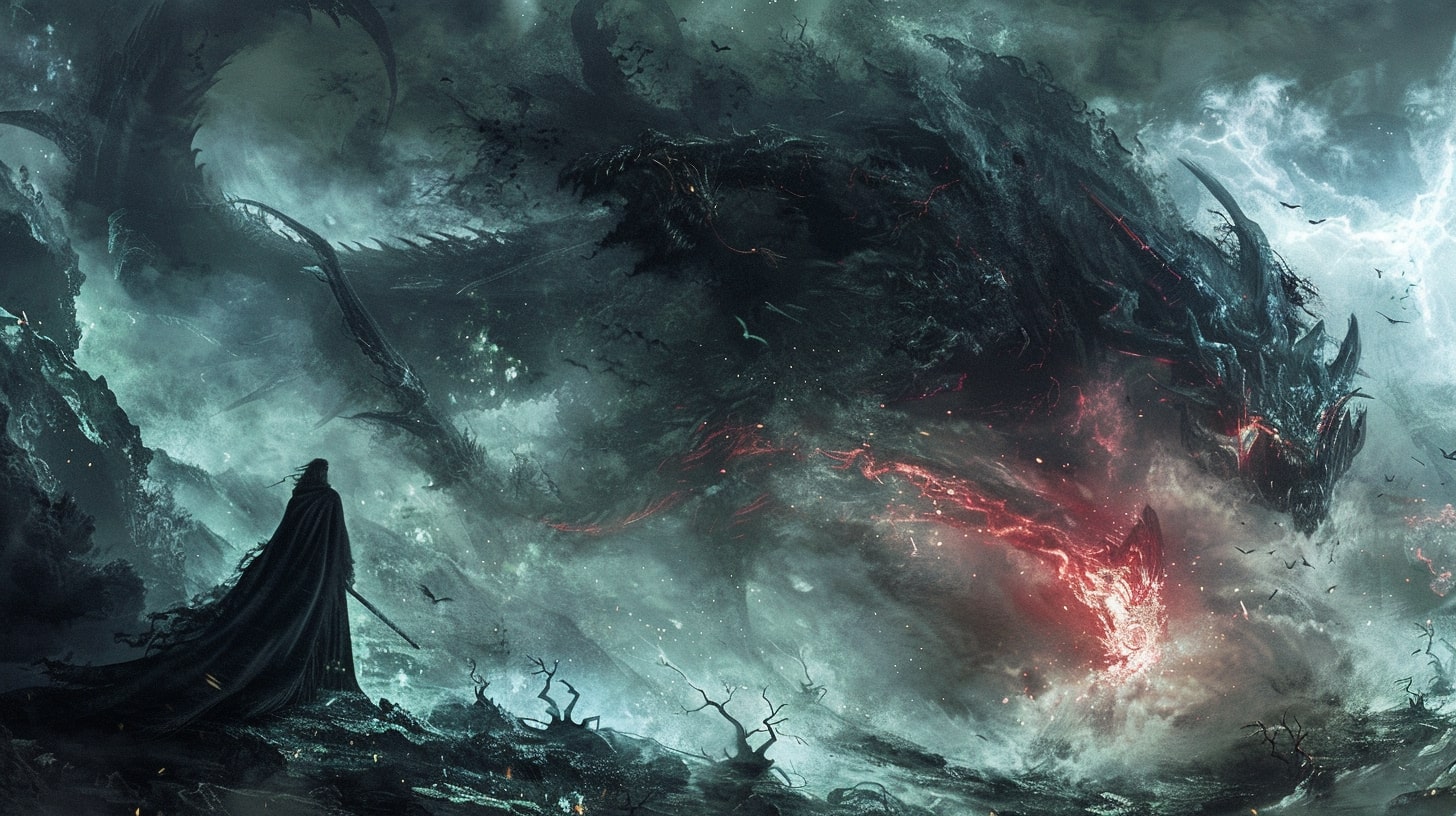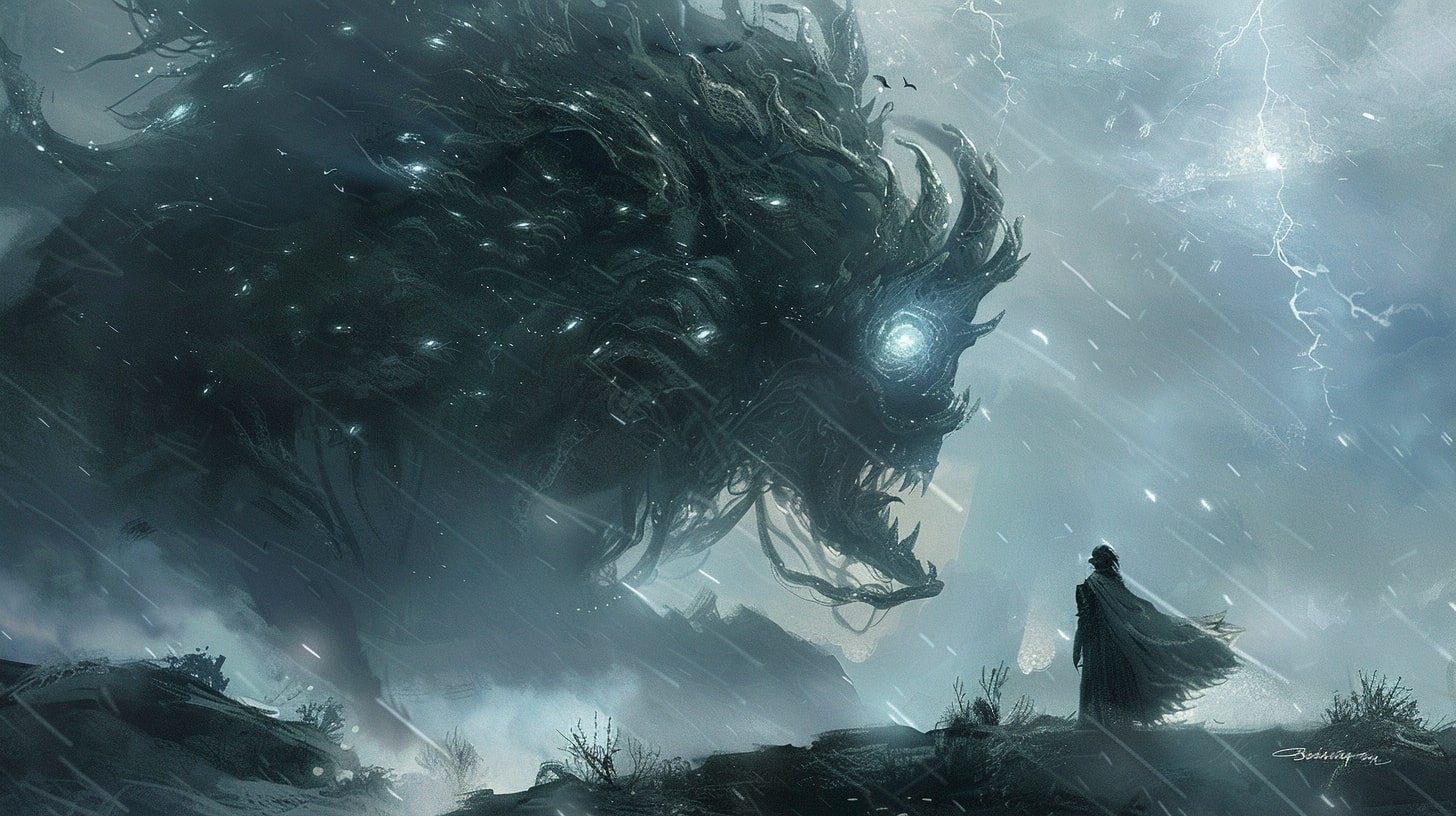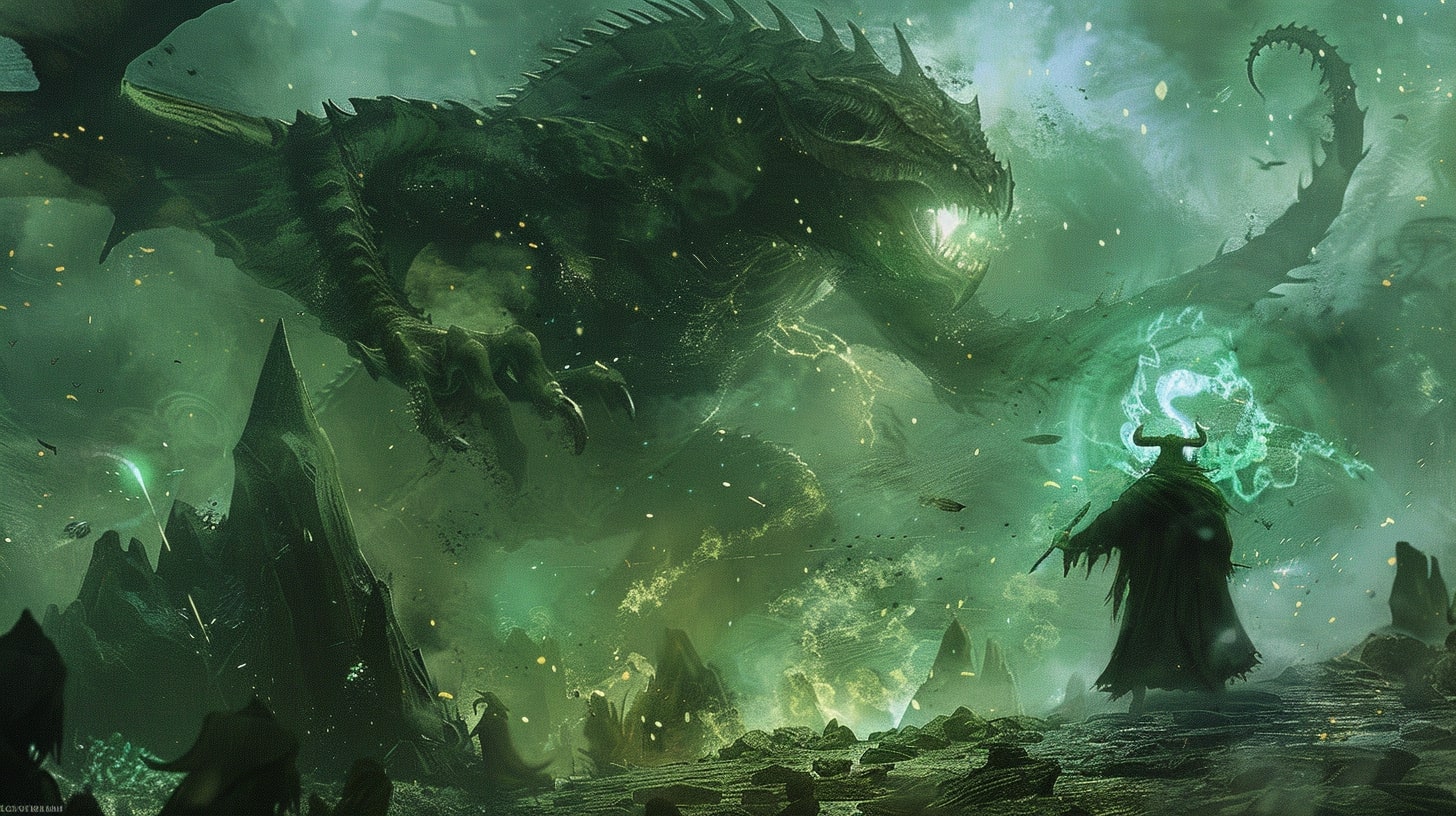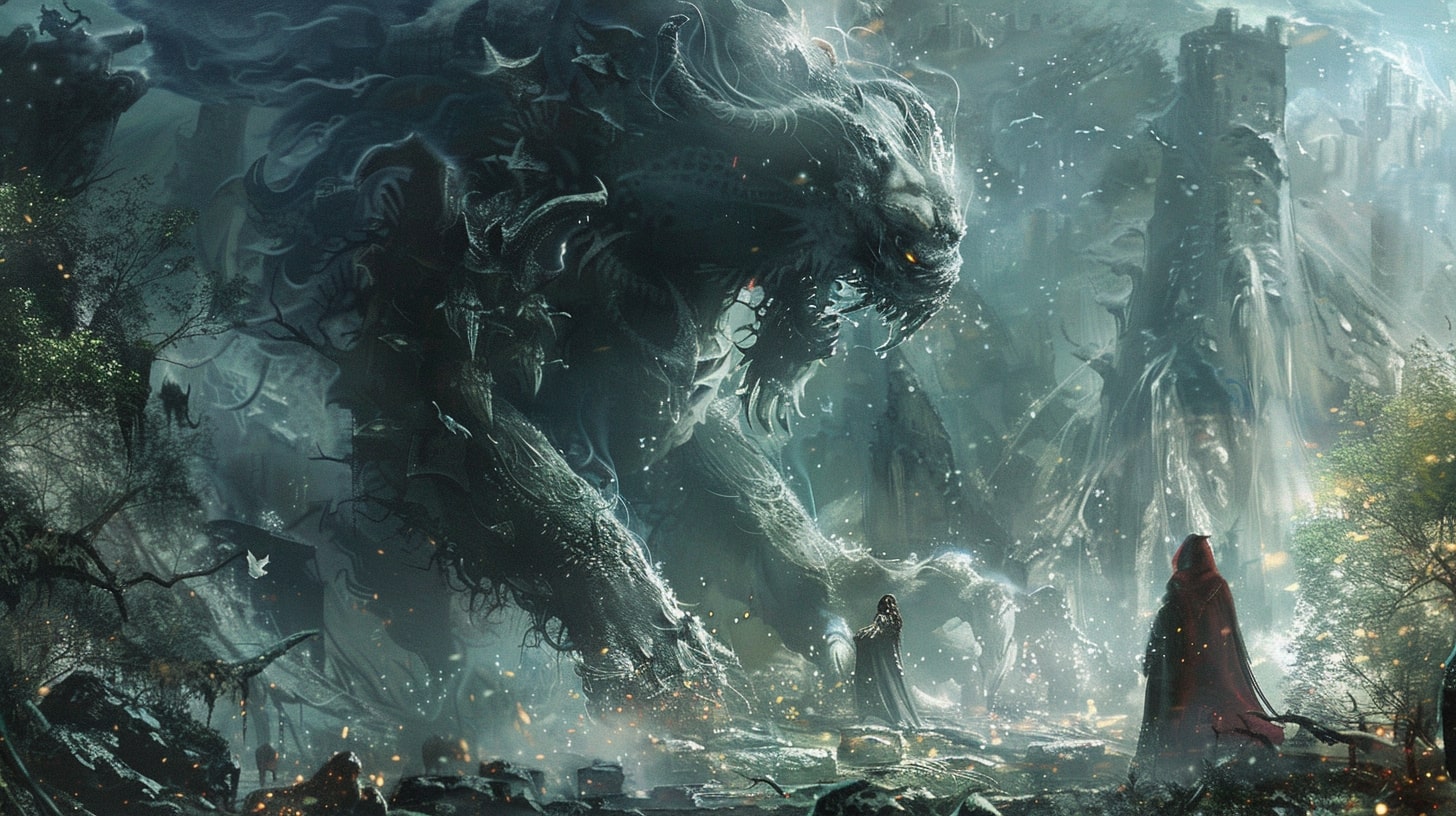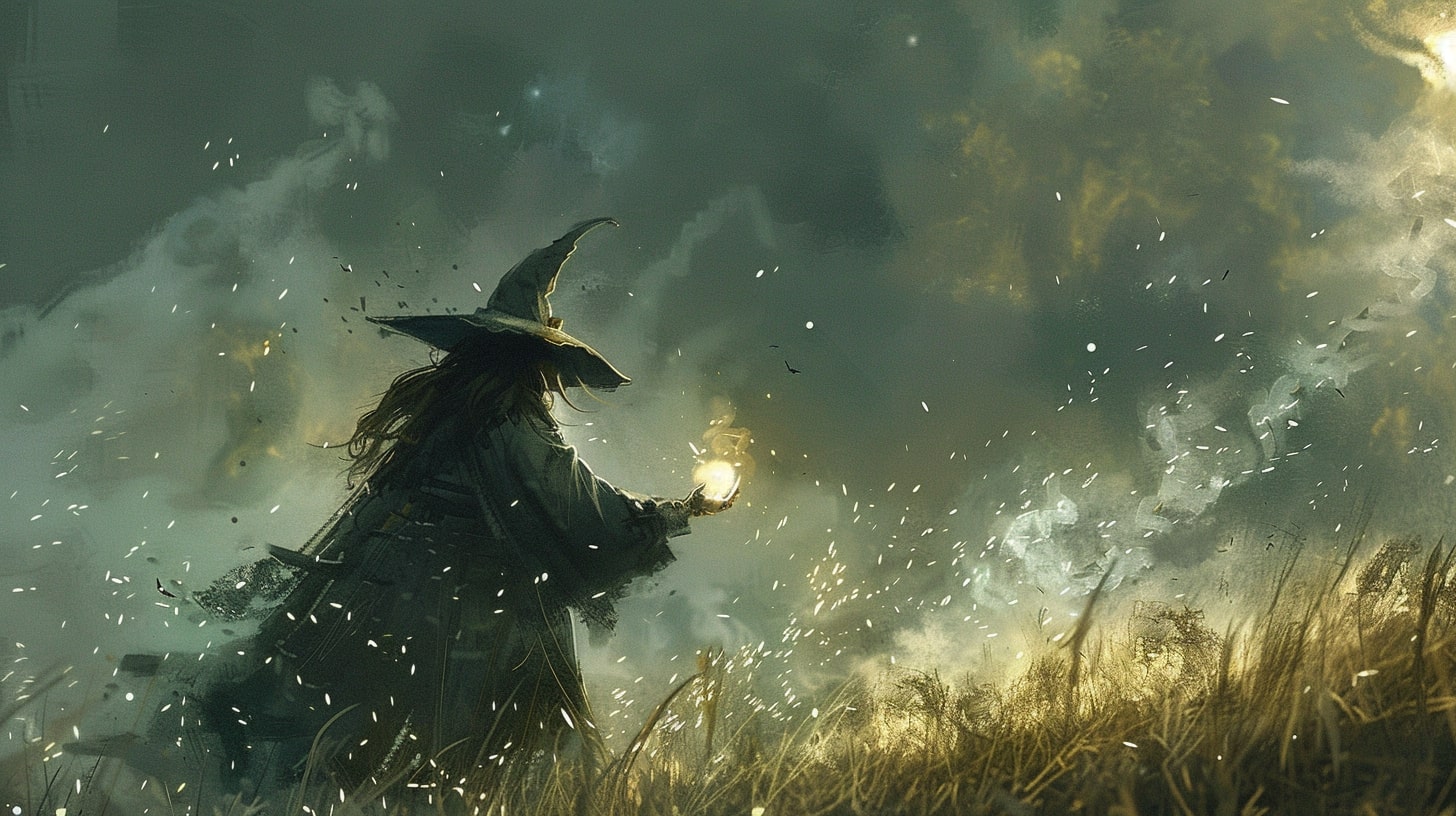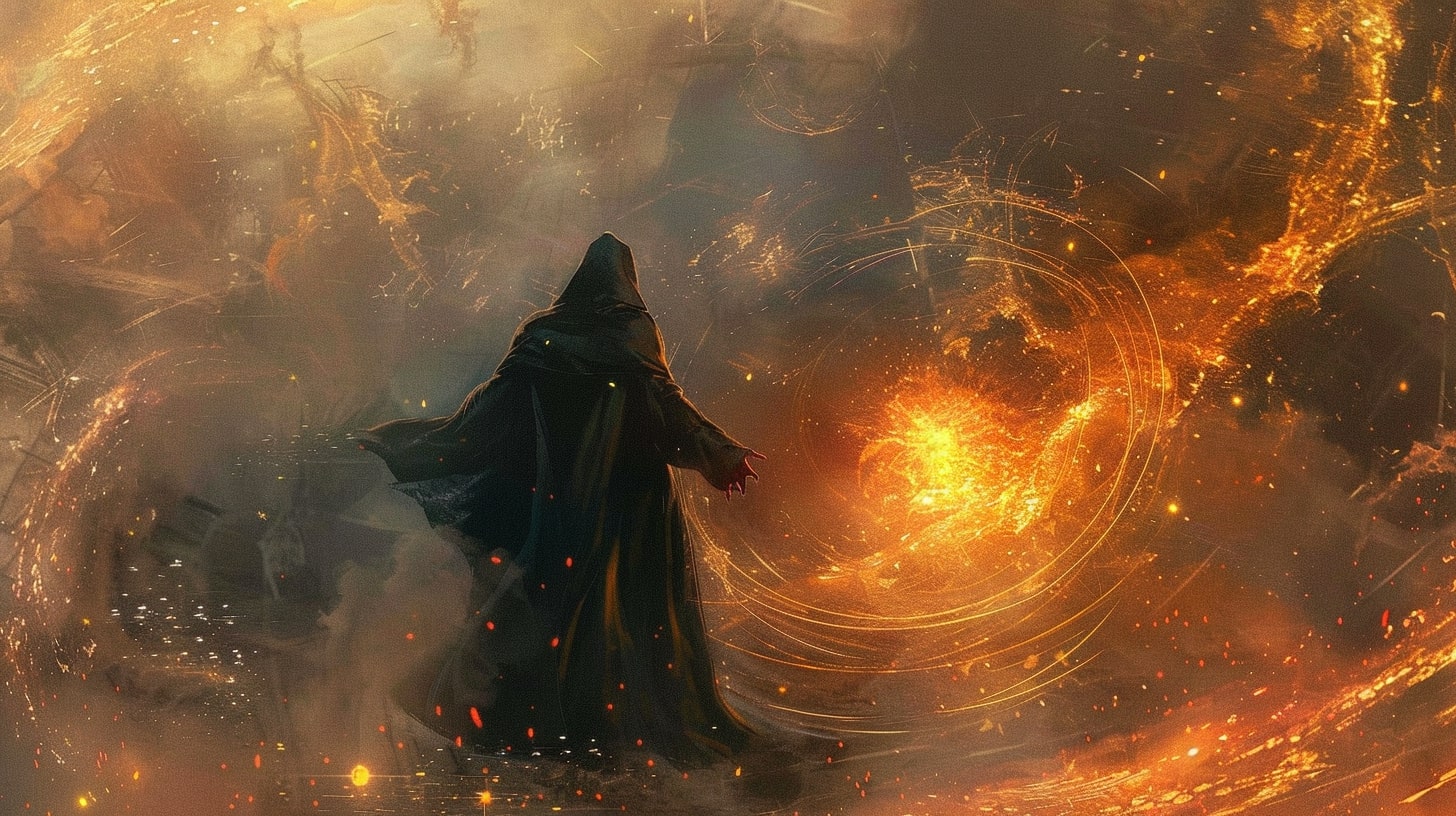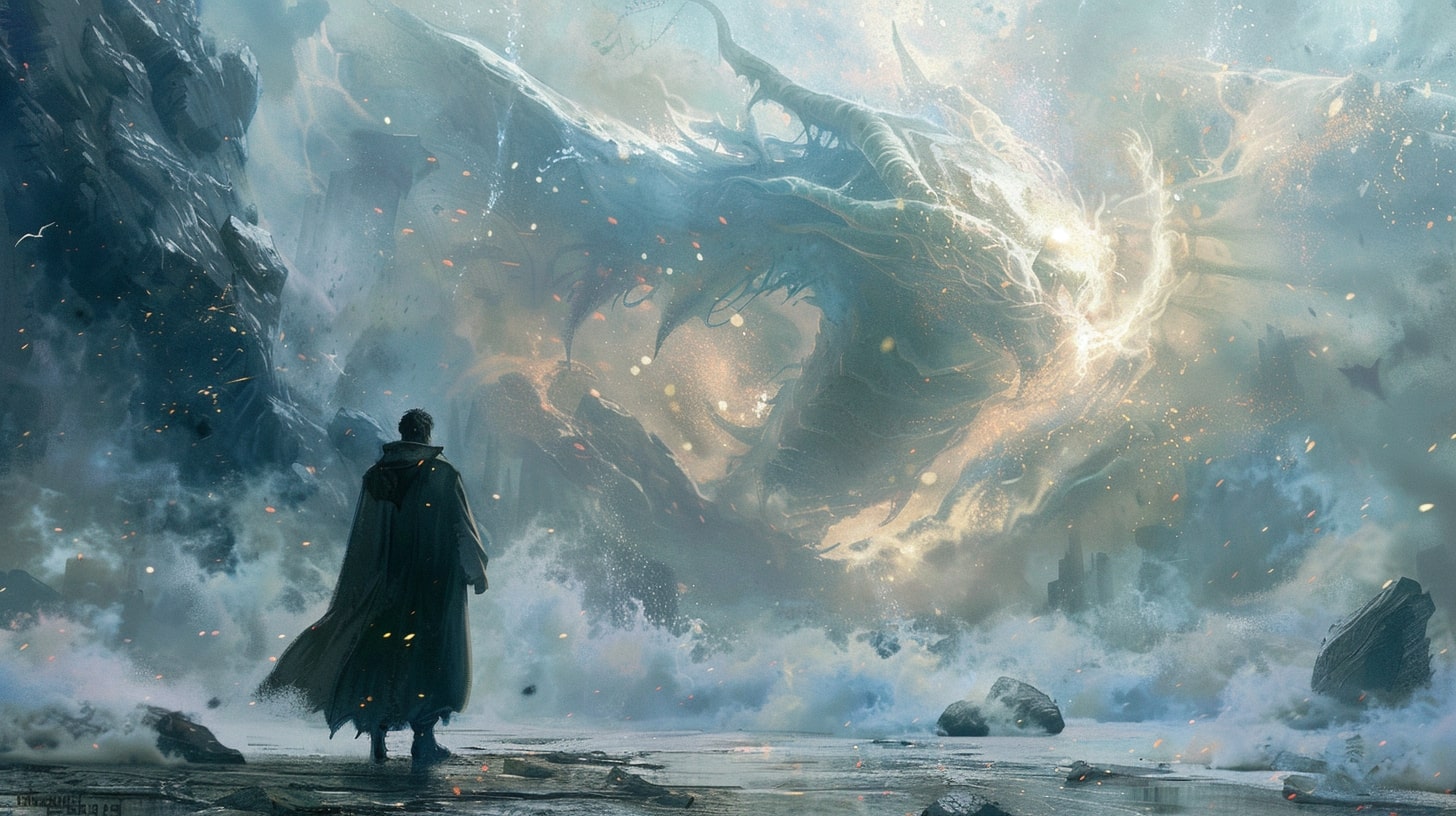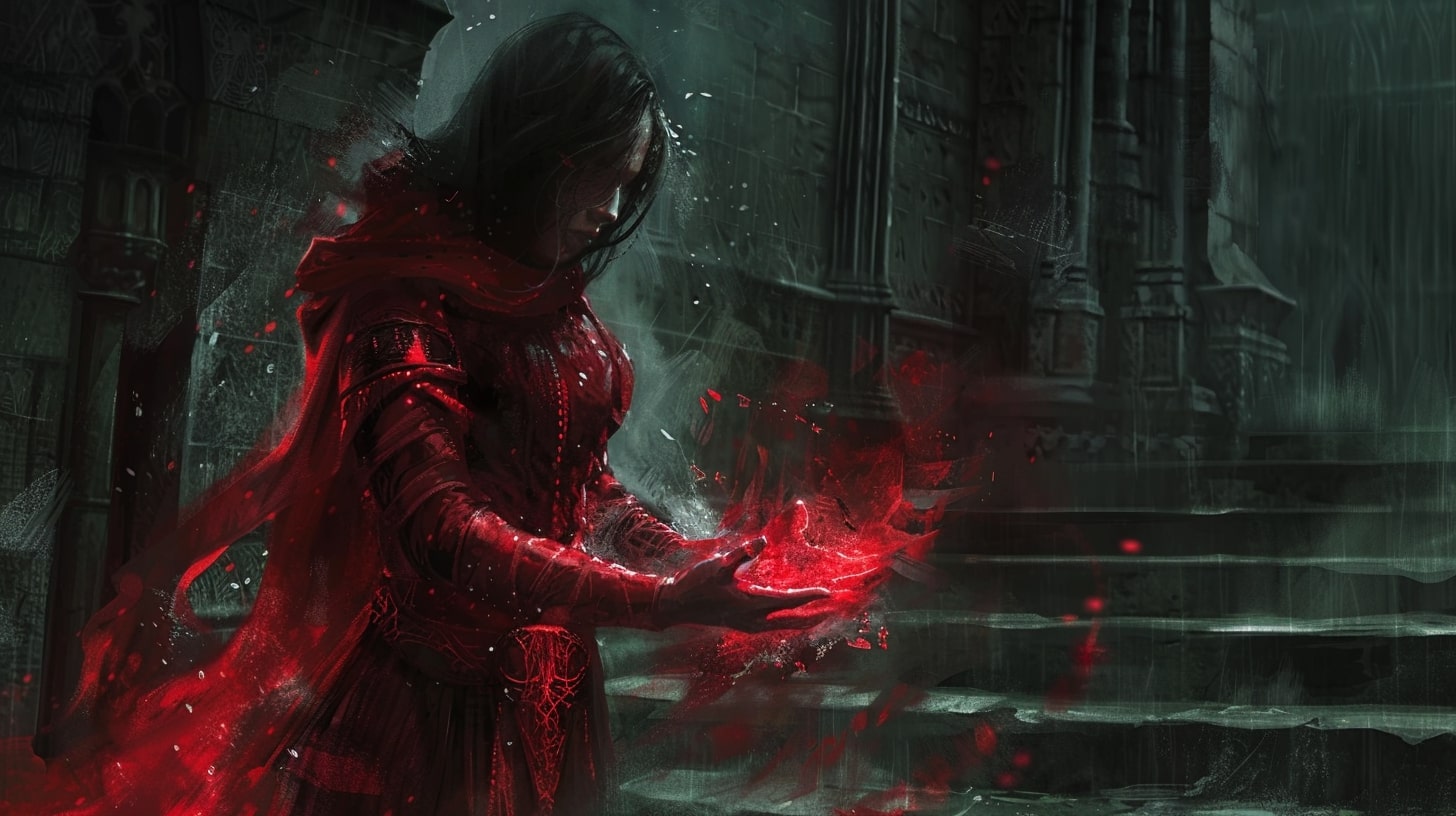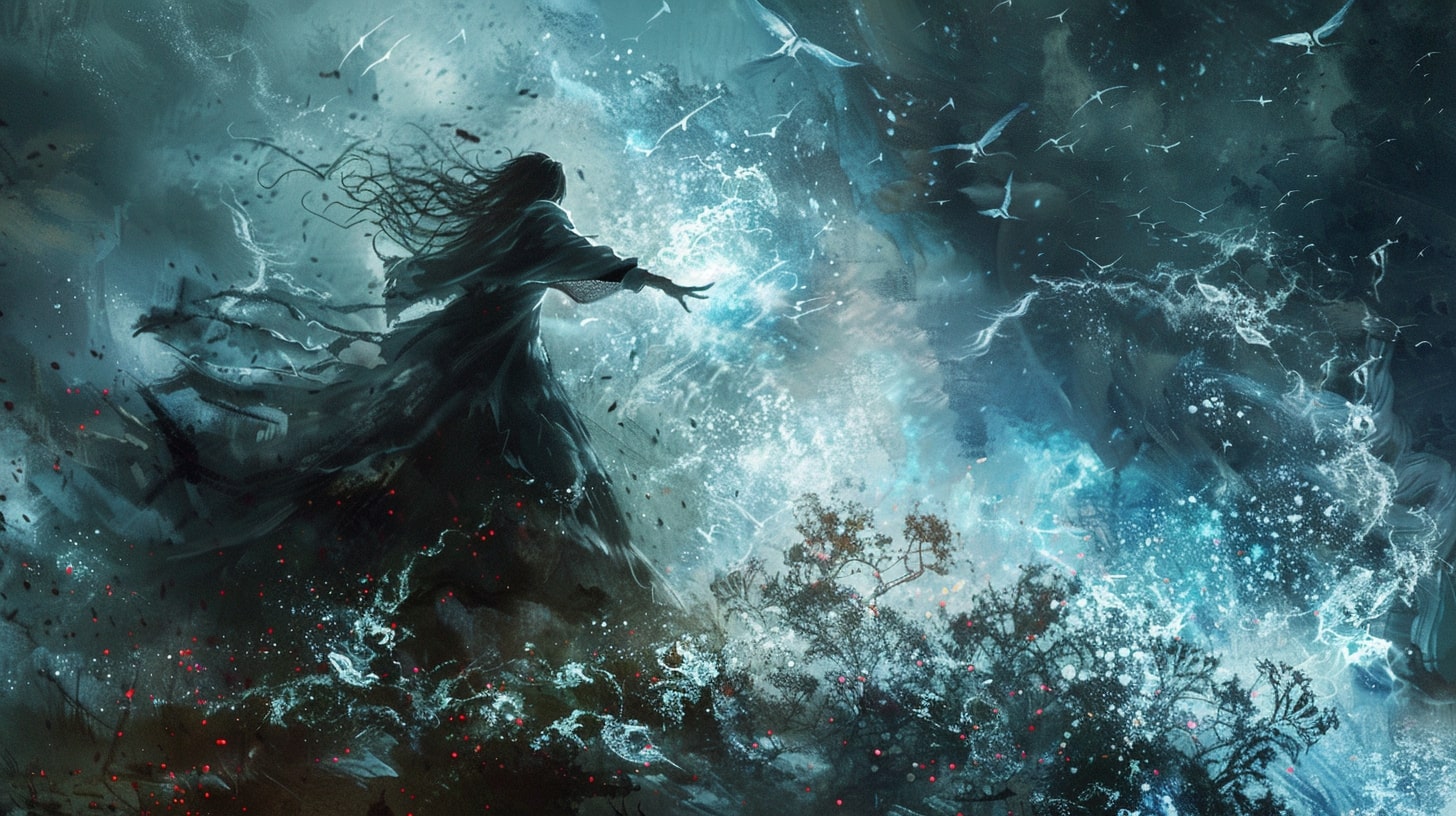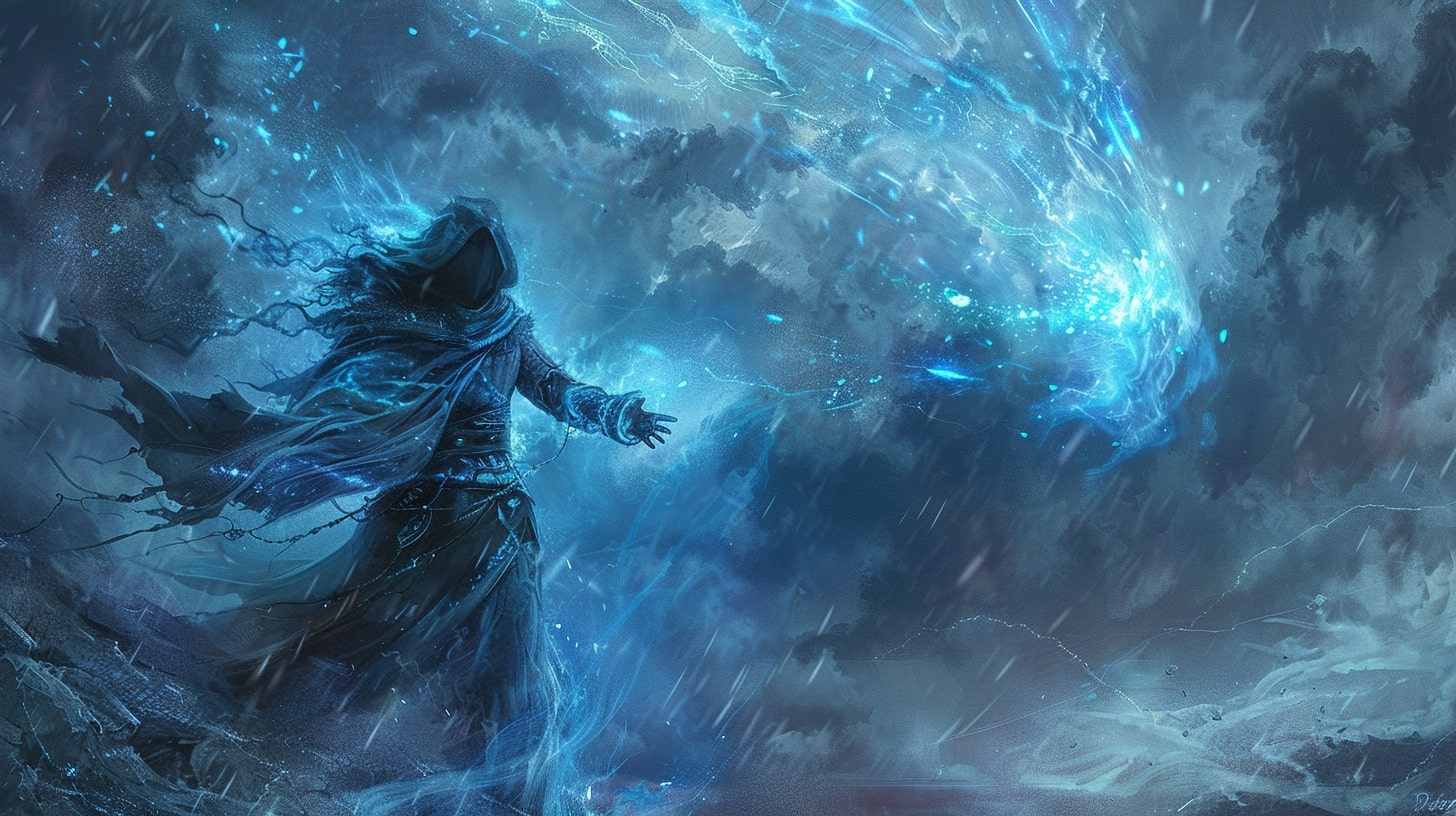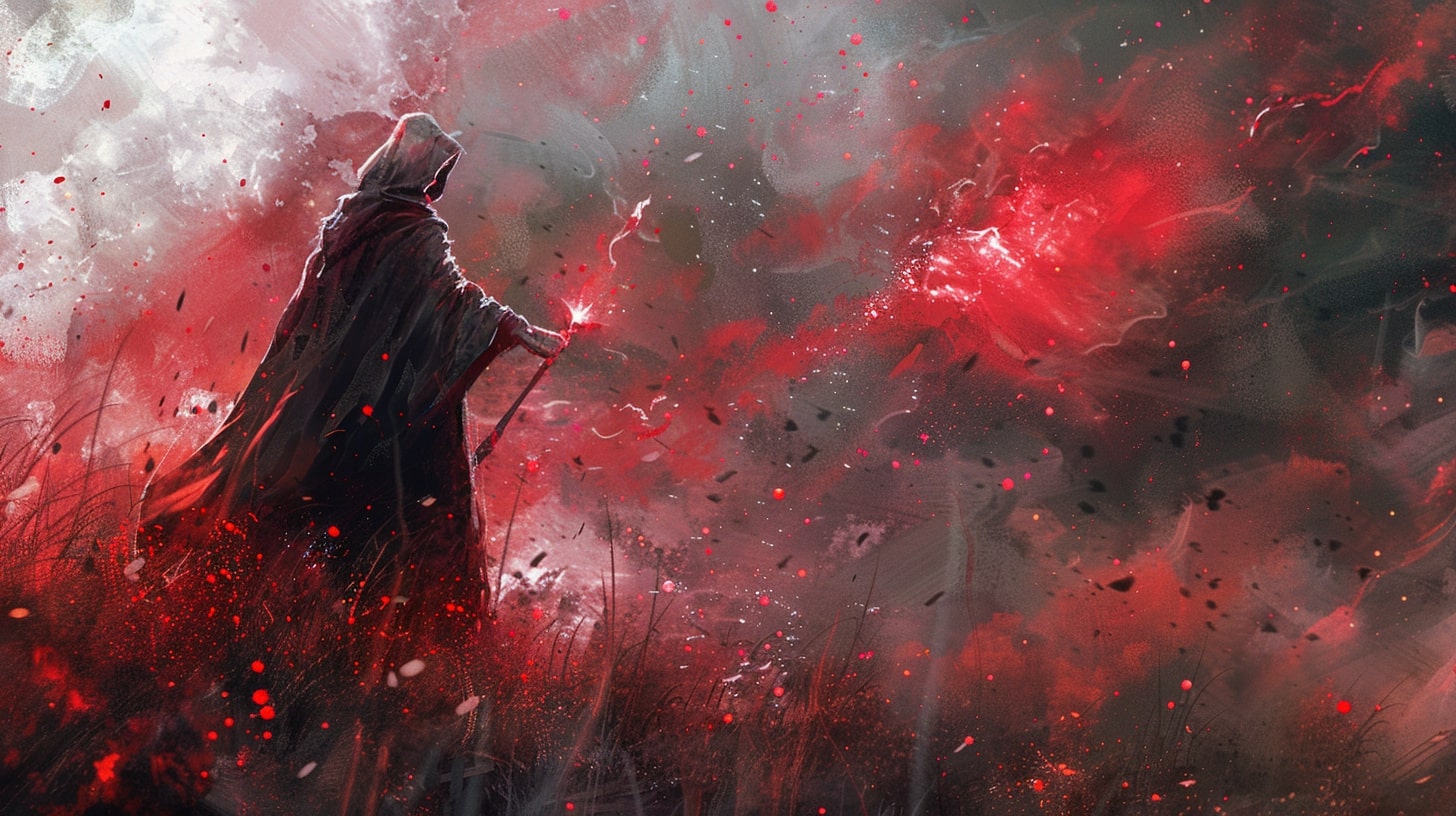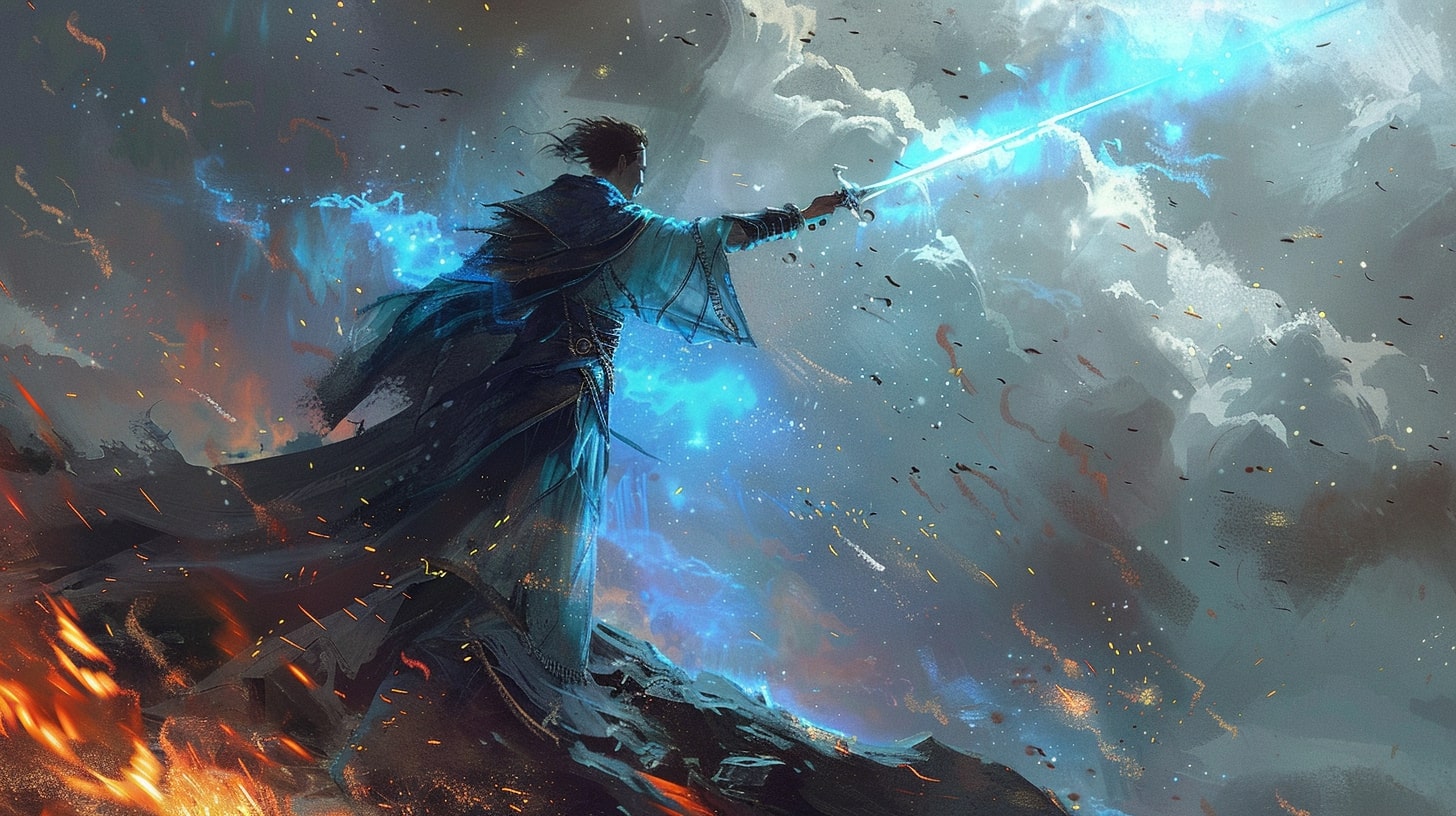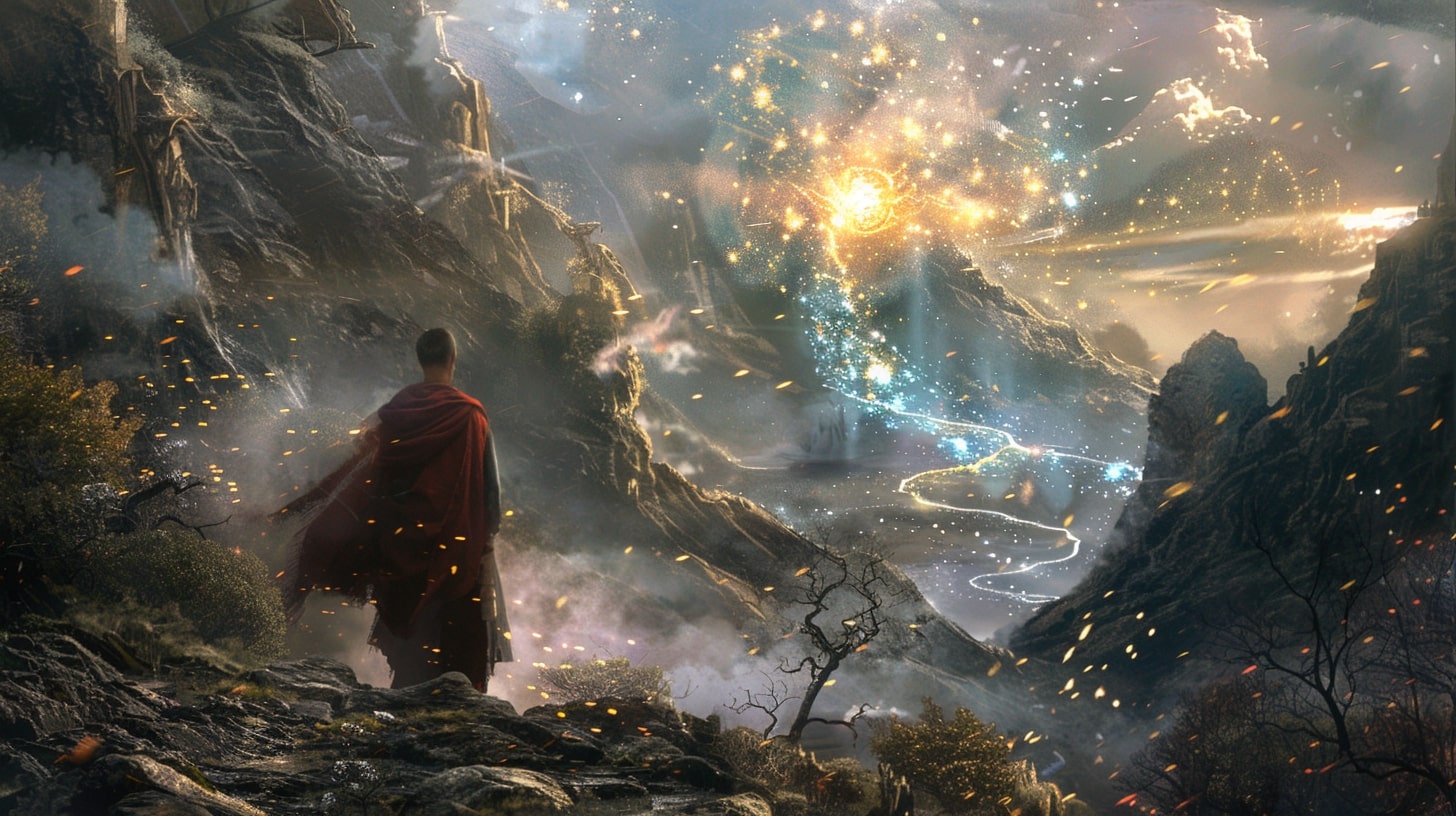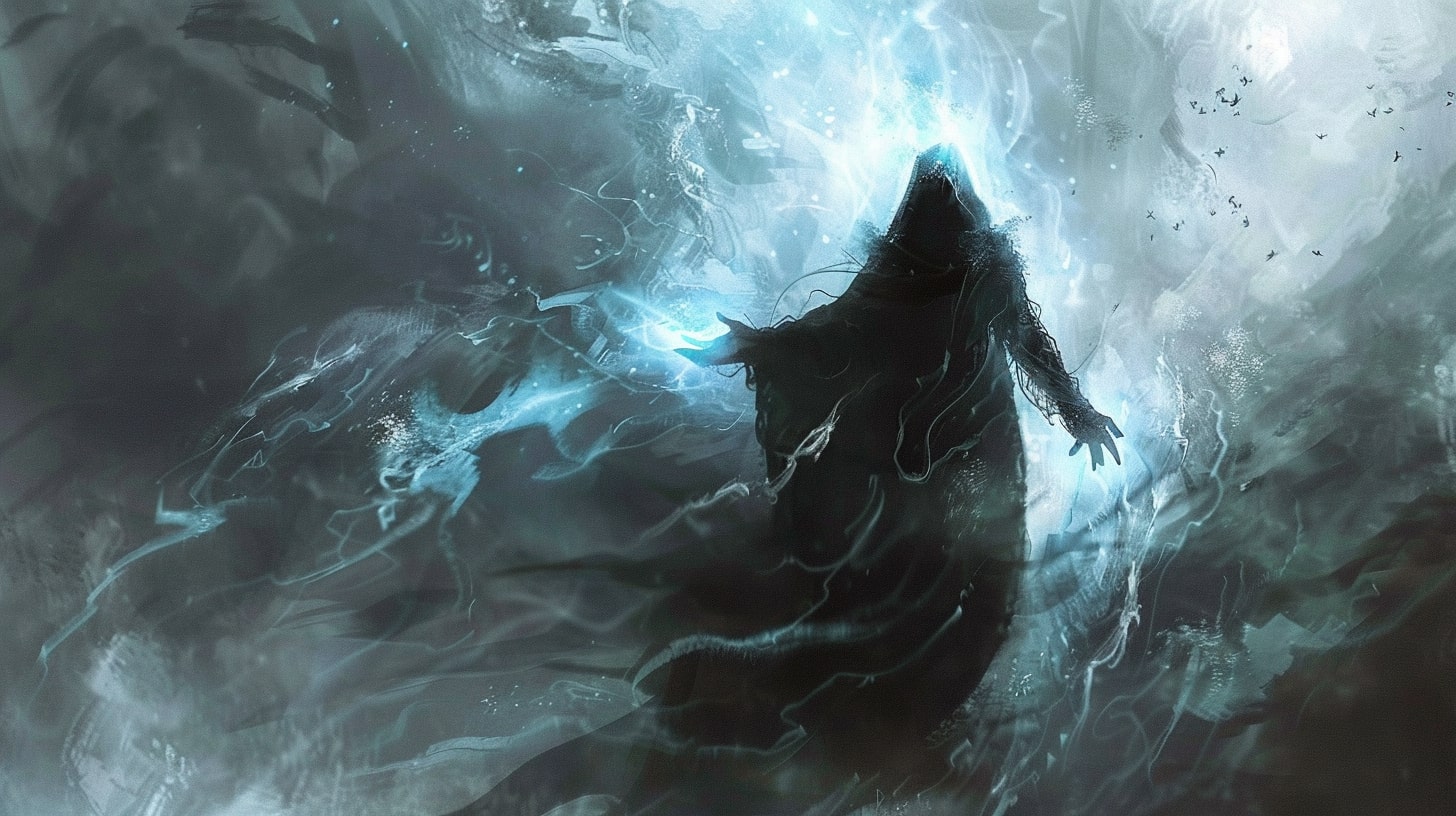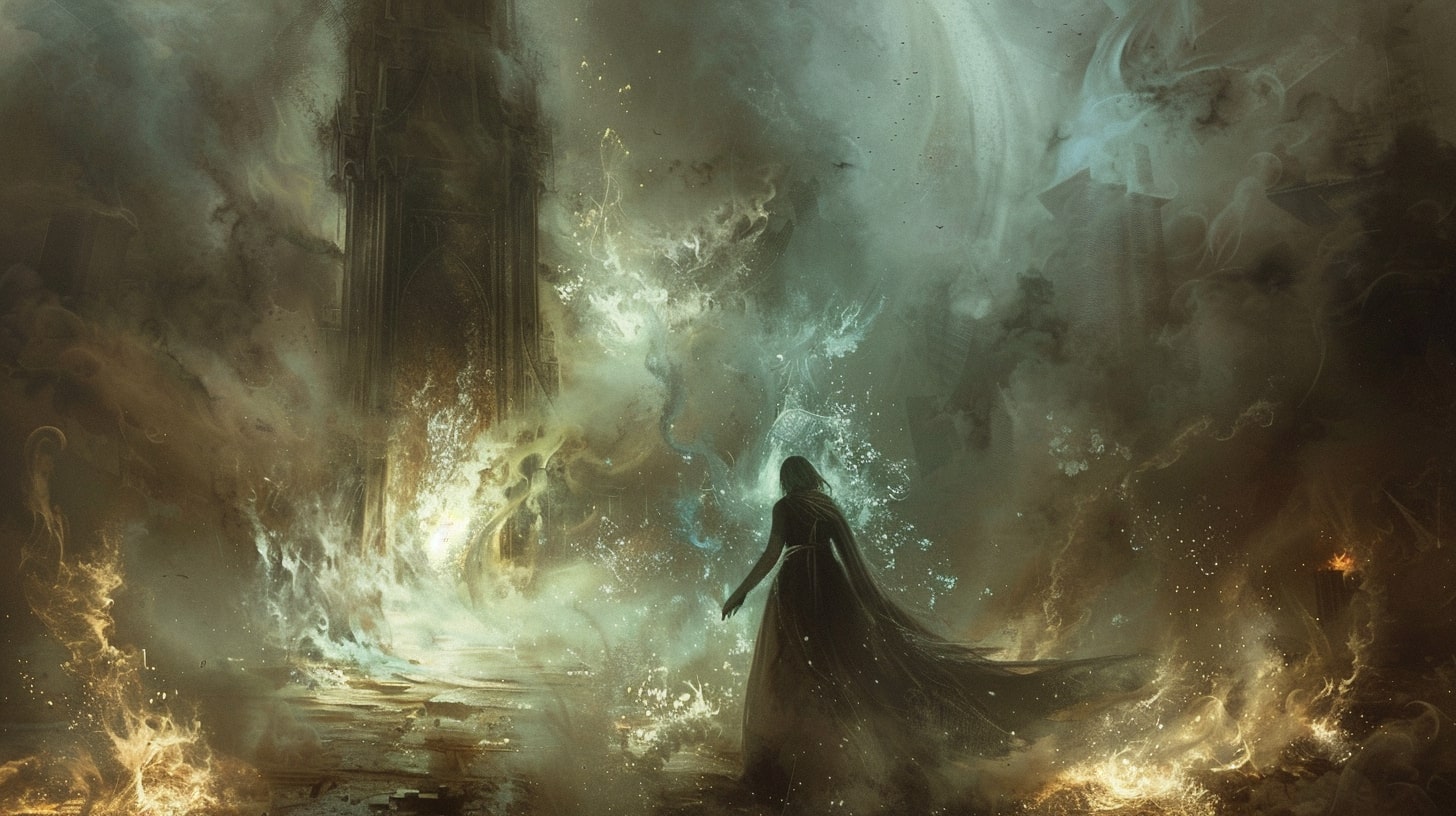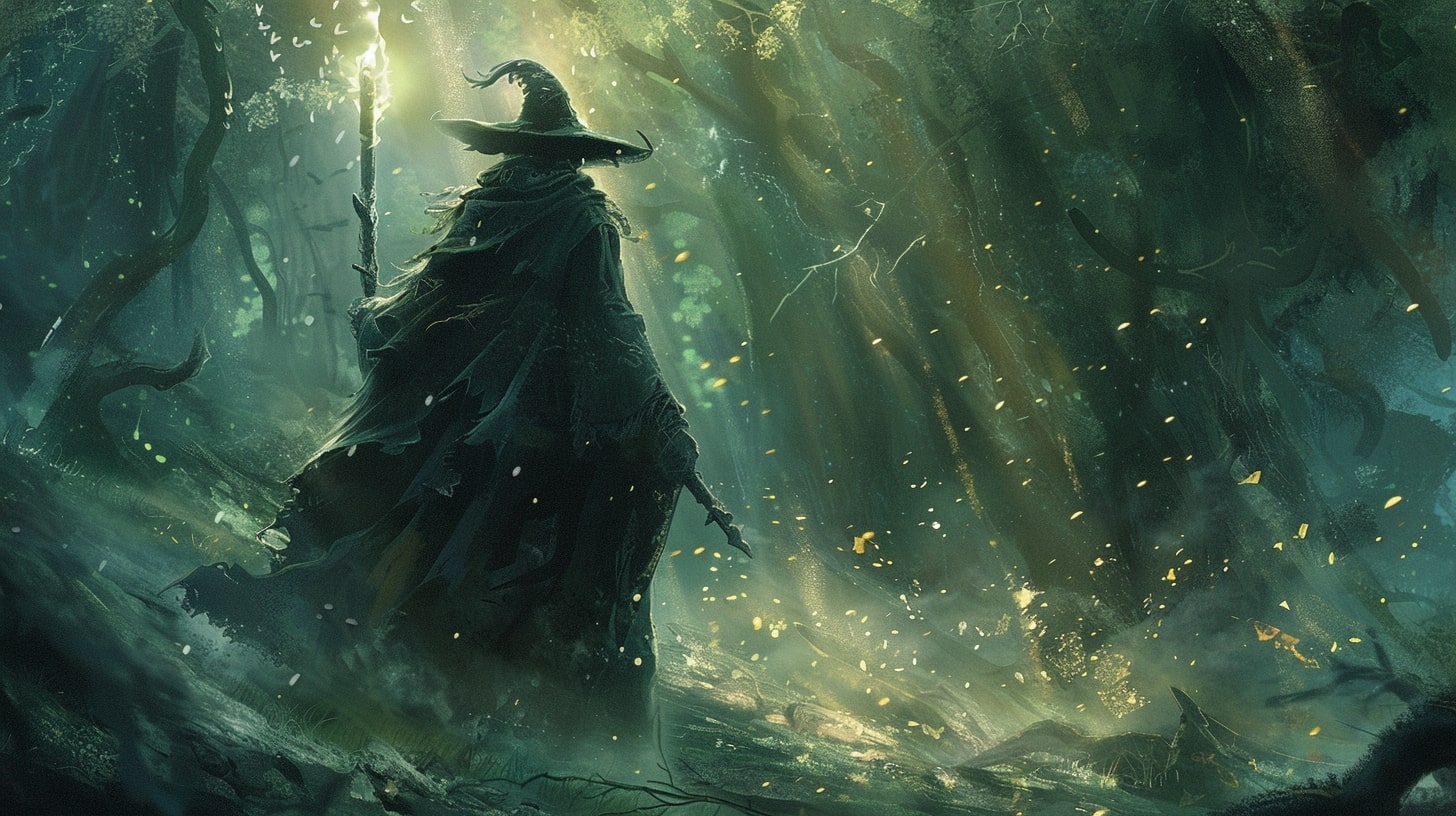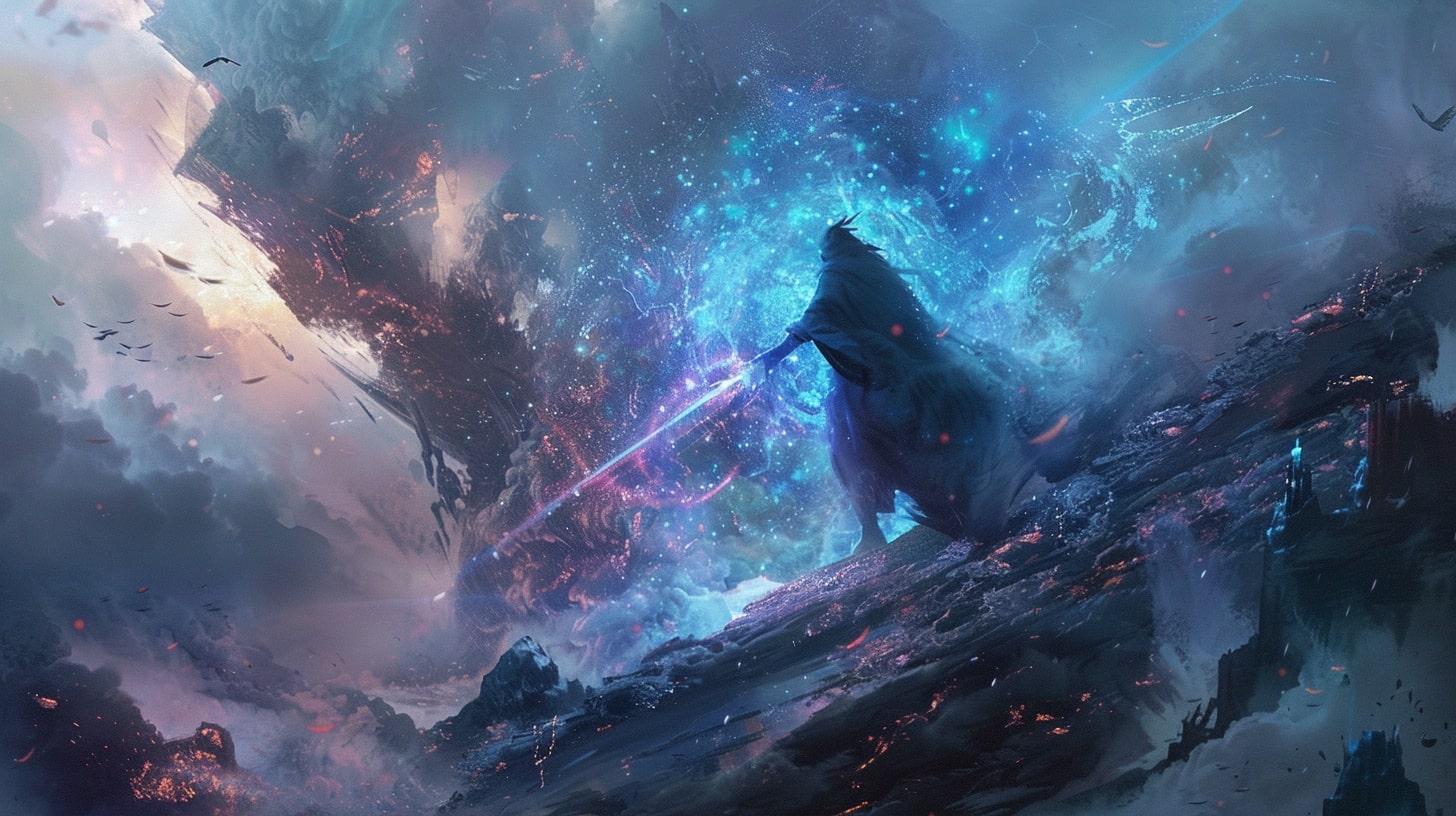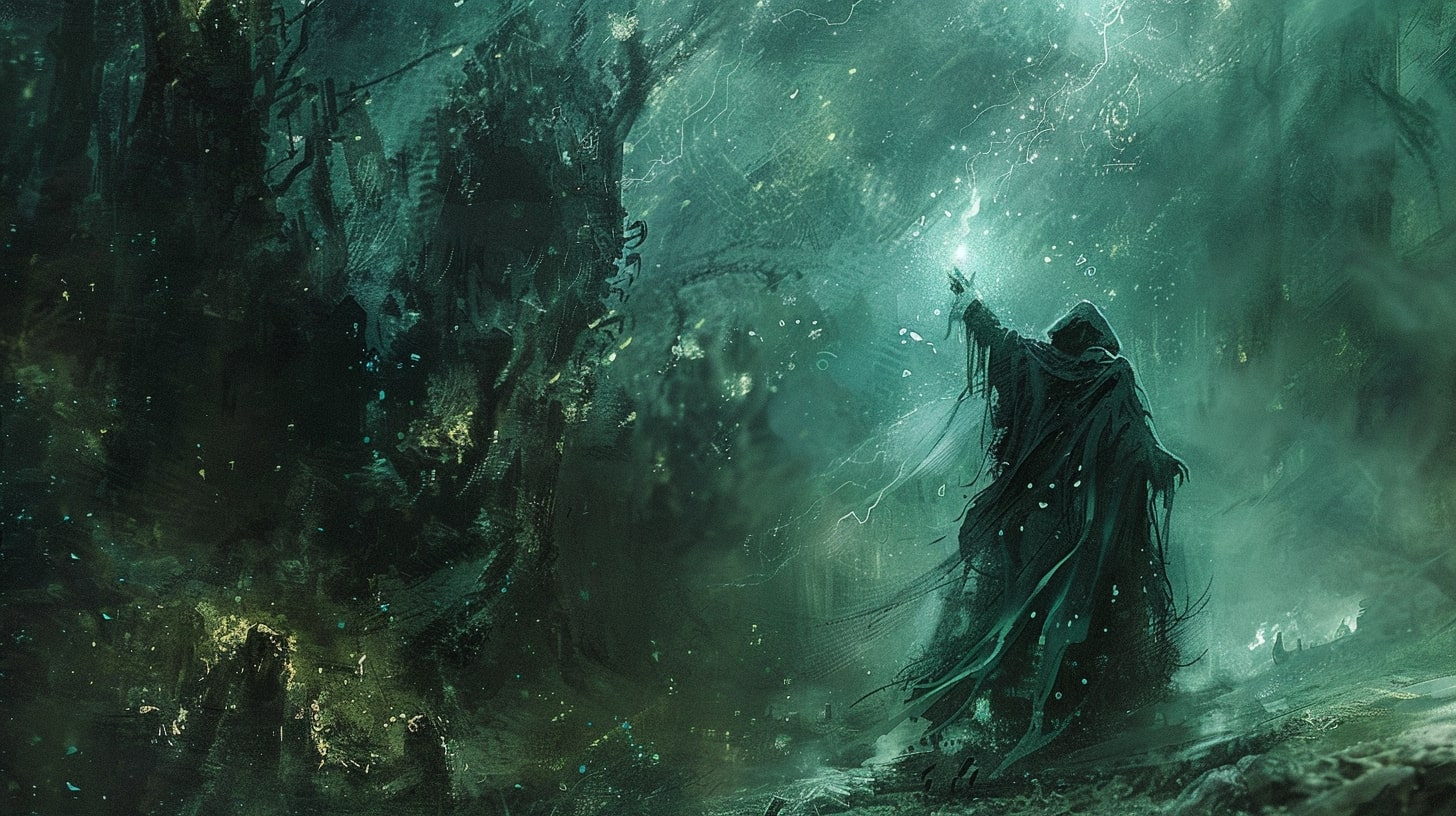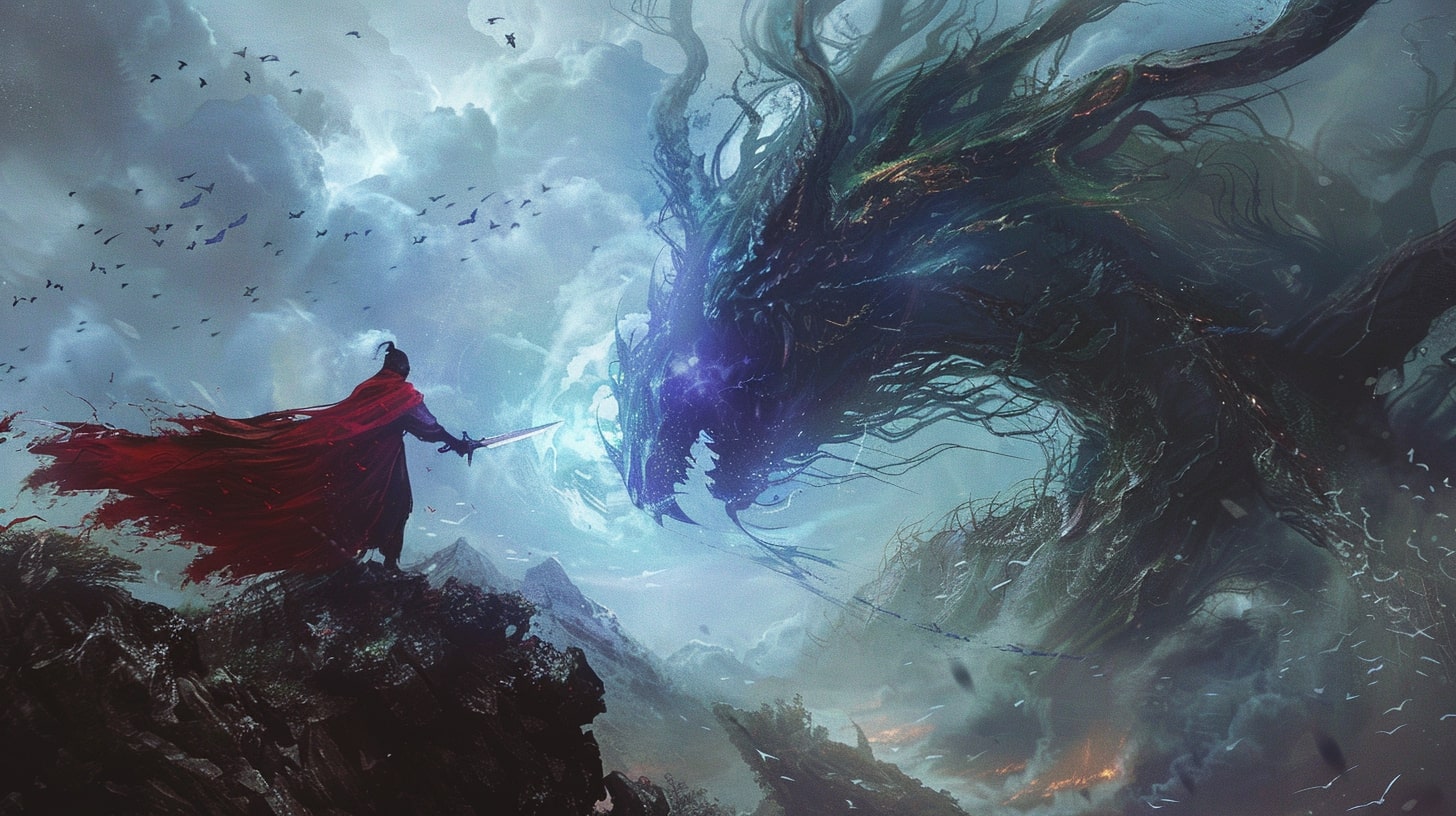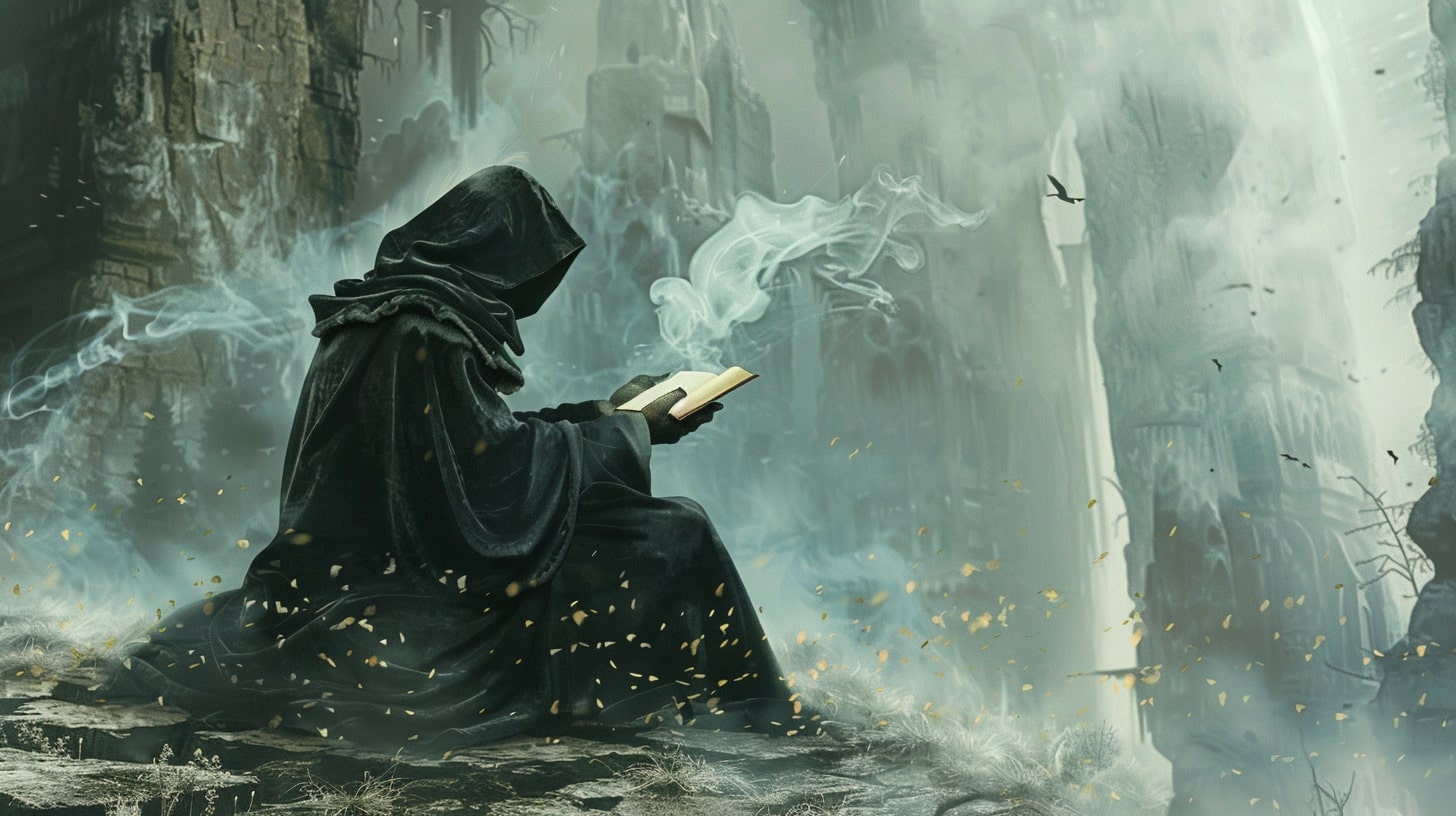The Magic of Worldbuilding
Introduction to Magic Systems
Welcome to the enchanting world of magic systems! As a fantasy writer, you have the power to create captivating realms where magic is woven into the fabric of existence.
Magic systems are an integral part of worldbuilding, enabling you to shape unique and immersive worlds that capture the imagination of readers.
A magic system is a set of rules and principles that govern the use and existence of magic within a fictional world. It provides a framework for how magic works, its limitations, and its impact on the characters and society within your story. By establishing a well-defined magic system, you can add depth, intrigue, and wonder to your storytelling.
Let's talk about the magic system elements that you need to start thinking about.
Importance of Well-Developed Magic Systems
A well-developed magic system is essential for creating a coherent and engaging fantasy world. It adds believability and consistency to your narrative, allowing readers to suspend their disbelief and immerse themselves in the magical realm you've created.
A strong magic system enhances the overall storytelling experience by providing a sense of wonder, mystery, and excitement. It can become a driving force behind the plot, influencing character motivations, conflicts, and relationships. A carefully crafted magic system can also serve as a source of tension, as characters navigate the rules and limitations of magic, facing both challenges and consequences.
To create a compelling magic system, you need to consider various elements such as the source of magic, the rules and limitations governing its use, and the types or forms of magic present in your world. These building blocks will shape the foundation of your magic system and influence how it integrates with the world and its inhabitants.
Ready to embark on the journey of creating your own unique magic system? Let's explore the essential elements, building blocks, and examples of powerful magic systems together. Don't forget to check out our article on magic system ideas for inspiration and guidance throughout your worldbuilding process. The possibilities are as limitless as your imagination!

Magic System Elements: The Essentials
To create a captivating and immersive magical world, it's important to incorporate key elements that make up powerful magic systems. These elements are essential for bringing depth and believability to your fantasy stories. Let's explore three crucial components: the source of magic, rules and limitations, and types or forms of magic.
Source of Magic
Every magic system needs a clear and distinct source of magic. This source serves as the wellspring from which magic is derived and draws its power. It can be based on various concepts such as natural forces, ancient artifacts, or even divine intervention. The source of magic creates the foundation for the entire system and shapes the nature and abilities of the magic within your world.
For inspiration on different sources of magic, check out our article on magic system origins. By establishing a unique and intriguing source, you can add depth and richness to your magic system.
Rules and Limitations
Establishing rules and limitations is essential for maintaining balance and consistency within your magic system. These rules define how magic can be used, when it can be used, and what its limitations are. By defining the boundaries of magic, you create a sense of realism and prevent it from becoming an all-powerful plot device.
Consider the following aspects when developing rules and limitations for your magic system:
- Casting Limitations: Are there specific conditions or rituals that must be met for magic to be cast?
- Energy Consumption: Does using magic drain the user's energy or have physical consequences?
- Specialization: Are there different schools or branches of magic that individuals can specialize in?
- Forbidden Practices: Are there certain types or uses of magic that are prohibited or taboo?
For more insights on establishing rules and limitations, visit our article on magic system rules and limitations.
Types or Forms of Magic
Diversify your magic system by incorporating different types or forms of magic. This allows for a range of magical abilities and adds depth to the characters and societies within your world. Types of magic can be based on various factors, such as the source of magic, cultural influences, or the alignment of magical energies.
Consider exploring different types of magic, such as:
- Elemental Magic: Harnessing the forces of nature, such as fire, water, earth, and air.
- Ritual-Based Magic: Drawing power from intricate rituals and ceremonies.
- Bloodline or Hereditary Magic: Magic passed down through bloodlines or specific families.
- Arcane Magic: Tapping into ancient and mysterious forms of magic.
- Divine Magic: Channeling the power of gods or higher beings.
For further inspiration, our article on types of magic systems provides additional examples and ideas.
By incorporating a well-defined source of magic, establishing clear rules and limitations, and introducing various types of magic, you can create a powerful and immersive magic system that adds depth and excitement to your fantasy world. Remember to consider the internal logic and consistency of your magic system to ensure it seamlessly integrates into your storytelling.
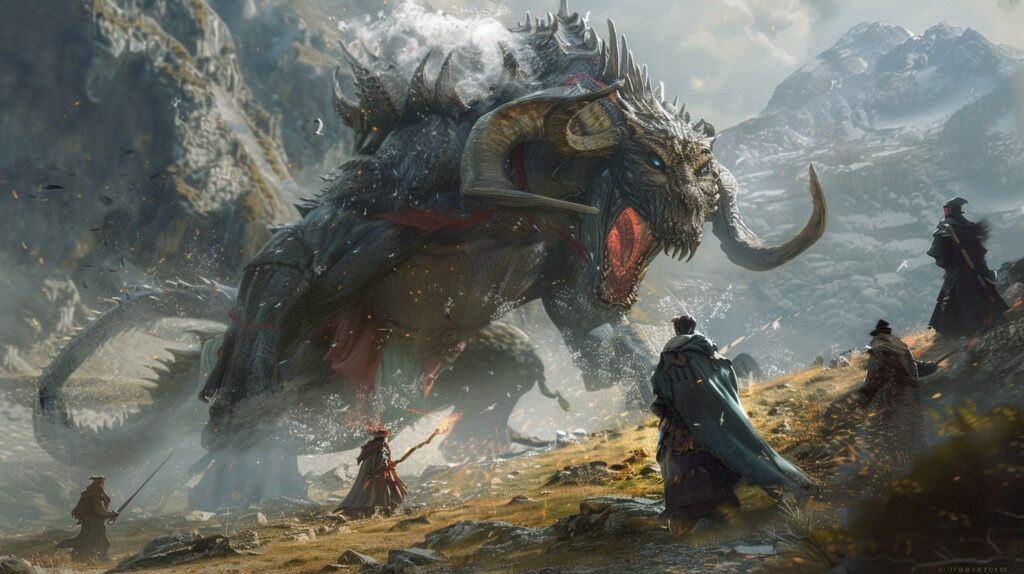
Building Blocks of Magic Systems
To construct a captivating and immersive magic system, you need to consider various building blocks that bring it to life. These building blocks include spells and incantations, magical objects and artifacts, and magical creatures and beings.
Spells and Incantations
Spells and incantations are the fundamental tools of magic within your world. They allow characters to manipulate the forces of magic and create extraordinary effects. Spells can range from simple enchantments to complex rituals, and their incantations can be spoken, chanted, or even sung.
When designing spells and incantations, it's important to establish a logical set of rules and limitations. This ensures consistency and prevents magic from becoming an all-powerful solution to every problem. Consider the source of magic and the specific capabilities it grants. For inspiration and ideas, check out our article on magic system ideas.
Magical Objects and Artifacts
Magical objects and artifacts add depth and intrigue to your magic system. These items possess inherent magical properties or have been imbued with enchantments. They can range from simple amulets and wands to powerful artifacts with world-altering capabilities.
When creating magical objects, think about their origin, history, and unique abilities. Consider how these items fit into the larger narrative of your world. Are there legendary swords, ancient talismans, or mystical relics that hold immense power? Exploring the significance of these objects can enrich your storytelling and create opportunities for compelling plot developments. For more information on different types of magic systems, refer to our article on types of magic systems.
Magical Creatures and Beings
Magical creatures and beings are an integral part of many fantasy worlds. They can be allies, adversaries, or even the source of magic itself. From mythical dragons and majestic unicorns to mischievous fairies and powerful wizards, these entities add depth and wonder to your magic system.
Consider how these magical creatures and beings interact with your world and its magic. Do they possess unique abilities? Are they connected to specific elements or types of magic? Understanding the role of these entities within your magic system helps you establish the rules and dynamics of their existence.
By incorporating spells and incantations, magical objects and artifacts, and magical creatures and beings into your magic system, you create a vibrant and captivating world. Remember to develop consistent rules and limitations for each building block to maintain balance and ensure engaging storytelling. For more examples and inspiration, explore our article on unique magic systems.
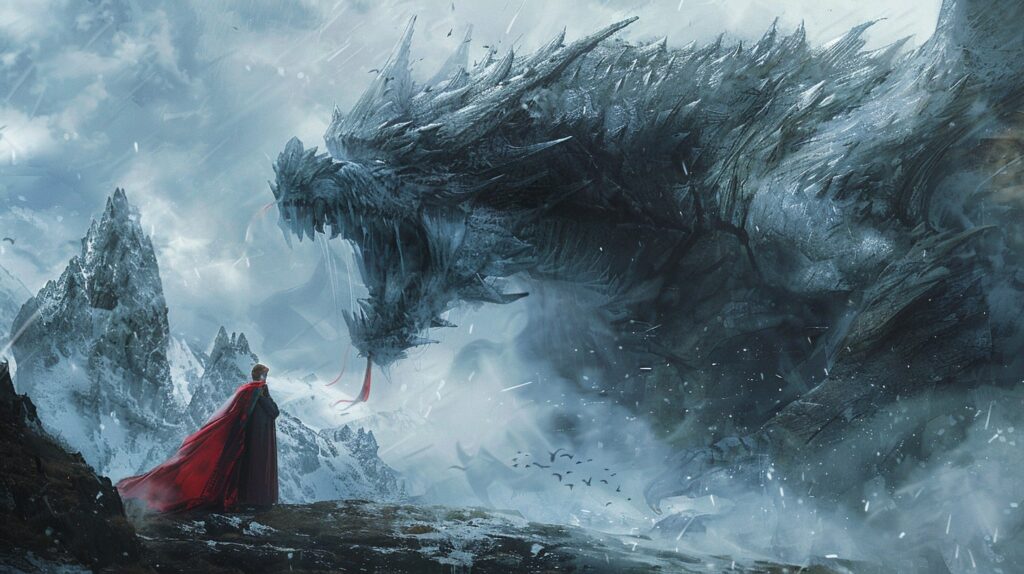
Balancing Magic in Your World
To create a compelling and believable magic system in your world, it's important to consider how magic interacts with society, technology, and the consequences it brings. Achieving a balance between magic and other aspects of your world will help create a cohesive and immersive experience for your readers. Let's explore the elements of balancing magic in your world.
Magic and Society
Magic plays a significant role in shaping the societal structure of your world. Consider how magic is integrated into different cultures, social classes, and professions. Are there magic schools or guilds?
Are there individuals who are born with innate magical abilities or those who acquire it through rigorous training? How does society view magic users and how do they fit into the power dynamics of the world?
By examining the relationship between magic and society, you can create a rich and realistic backdrop for your story. For more ideas on incorporating magic into your world, check out our article on magic system worldbuilding.
Magic vs Technology
In many fantasy worlds, magic coexists with technology. Consider how magic and technology interact in your world. Are there conflicts or synergies between the two? How does the presence of magic impact the development and advancement of technology? Are there limitations on the use of magic in certain technological settings?
Exploring the relationship between magic and technology can add depth and complexity to your world. It allows you to showcase the advantages and limitations of each and how they shape the lives of your characters. For more insights on this topic, refer to our article on types of magic systems.
Conflict and Consequences
Magic should not exist in a vacuum. It's important to establish rules, limitations, and consequences for the use of magic in your world. These factors create tension, conflict, and raise the stakes for your characters.
Consider the potential consequences of using magic irresponsibly or breaking the rules of your magic system. How does society regulate and enforce these rules? Are there organizations or individuals responsible for maintaining balance and order?
By exploring the conflict and consequences surrounding magic, you can introduce compelling storylines, moral dilemmas, and character development. For inspiration on unique magic systems and their consequences, take a look at our article on unique magic systems.
Balancing magic in your world involves considering its impact on society, its relationship with technology, and the conflict and consequences it brings. By carefully crafting these elements, you can create a well-rounded and engaging magic system that adds depth and intrigue to your storytelling.
Examples of Unique Magic Systems
When it comes to crafting unique magic systems for your fantasy world, there are countless possibilities to explore. By incorporating various elements and concepts, you can create magic systems that captivate your readers and add depth to your storytelling. Here are three examples of unique magic systems to spark your imagination:
Elemental Magic Systems
Elemental magic systems revolve around the manipulation and control of the natural elements - earth, fire, water, air, and sometimes additional elements like lightning or ice.
Practitioners of elemental magic draw power from these elements and can wield their forces to cast spells and perform extraordinary feats. For more inspiration and ideas on creating elemental magic systems, check out our dedicated article on elemental magic systems.
| Element | Associated Traits |
|---|---|
| Earth | Stability, strength, and manipulation of the earth and plants. |
| Fire | Destruction, transformation, and control over flames. |
| Water | Fluidity, healing, and mastery of water-based powers. |
| Air | Agility, speed, and command over the winds and atmosphere. |
| Lightning | Power, energy, and the ability to harness electrical currents. |
Ritual-Based Magic Systems
Ritual-based magic systems rely on intricate ceremonies, incantations, and specific conditions to unlock magical abilities. Practitioners of this type of magic must follow precise rituals and adhere to sacred traditions to access their magical powers.
The complexity and precision of the rituals can vary, adding a layer of depth and mystery to the magic system. For more insights into crafting ritual-based magic systems, visit our article on ritualistic magic systems.
| Ritual Component | Purpose |
|---|---|
| Incantations | Chanting specific words or phrases to invoke magical energy. |
| Offerings | Presenting offerings or sacrifices to appease mystical beings or forces. |
| Symbols and Sigils | Drawing or inscribing symbols to channel magic and focus intentions. |
| Moon Phases | Aligning rituals with specific lunar phases to enhance magical potency. |
| Sacred Items | Utilizing enchanted artifacts or objects in rituals to amplify power. |
Bloodline or Hereditary Magic Systems
In bloodline or hereditary magic systems, magical abilities are passed down through family lines or specific bloodlines. Those born into these bloodlines possess innate magical talents and the potential to tap into extraordinary powers.
This type of magic often carries a sense of responsibility and legacy. To learn more about incorporating bloodline or hereditary magic systems into your worldbuilding, explore our article on blood magic systems.
| Bloodline Trait | Magical Ability |
|---|---|
| Telekinesis | Manipulation and control of objects with the power of the mind. |
| Shapeshifting | Transformation into different forms, such as animals or mythical creatures. |
| Elemental Affinity | Innate connection and mastery over a specific element. |
| Divination | Ability to foresee the future or gain insights through magical means. |
| Healing | Proficiency in healing magic, able to mend wounds and cure ailments. |
These examples illustrate just a few possibilities for unique magic systems in your fantasy world. Feel free to mix and match elements, add your own twists, and explore the boundaries of your imagination. Remember to maintain consistency and balance within your magic system to create a cohesive and engaging experience for your readers. For more inspiration and guidance on magic system development, check out our article on magic system development.

